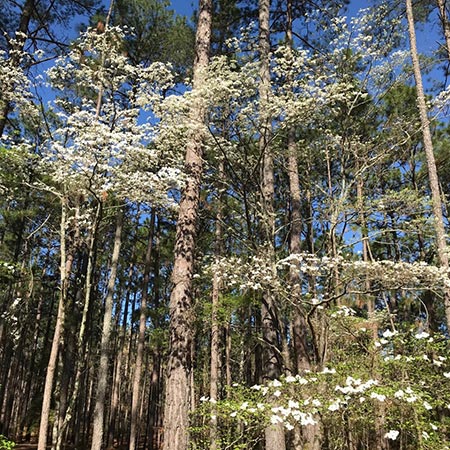A “Bermuda Revolution”
Leads to Ideal Year-Round Golf
“Bermuda Revolution” Around Sandhills Leads to Ideal Year-Round Golf
By Brad King
Golf around North Carolina’s Sandhills region is legendary, first and foremost due to the world-class quality of golf offerings across the Pinehurst, Southern Pines and Aberdeen area. One of the strong, if less heralded, contributors to golf’s immense popularity is the region’s ideal, year-round playing climate. Does it get a little warm during the summer? Sure. But with a sizeable contingency of area courses having converted their green complexes from bent grass to Bermuda during the past decade or so, golfers who are willing to brave the toasty temps are treated to golf courses that are less crowded, boasting greens that are perfect for putting.
Bent vs. Bermuda Grass
 Historically, bent grass has provided the game’s best putting surface. Bent is a strain of grass that grows upright, allowing golfers to putt on its tips, promoting the smoothest roll. Combined with its ability to withstand a close shave, bent grass has always been lauded for producing the game’s fastest, truest putting surface. Conversely, past Bermuda grass tended to lay prostrate, leading to a “grainy” putting surface. When golfers putted into the grain, the ball was prone to jump and break more. When putting with the grain, ball speed increased while break decreased. Golfers unaccustomed to Bermuda often struggled getting adjusted. Yet, just as science and technology have produced medical breakthroughs in fields like stem cell research and gene therapy, similar methods have been used to create hybrid Bermuda grass strains such as Champion, Tifdwarf and MiniVerde — significantly enhancing the quality of Bermuda greens.
Historically, bent grass has provided the game’s best putting surface. Bent is a strain of grass that grows upright, allowing golfers to putt on its tips, promoting the smoothest roll. Combined with its ability to withstand a close shave, bent grass has always been lauded for producing the game’s fastest, truest putting surface. Conversely, past Bermuda grass tended to lay prostrate, leading to a “grainy” putting surface. When golfers putted into the grain, the ball was prone to jump and break more. When putting with the grain, ball speed increased while break decreased. Golfers unaccustomed to Bermuda often struggled getting adjusted. Yet, just as science and technology have produced medical breakthroughs in fields like stem cell research and gene therapy, similar methods have been used to create hybrid Bermuda grass strains such as Champion, Tifdwarf and MiniVerde — significantly enhancing the quality of Bermuda greens.
The challenges with bent grass tend to be issues such as heat stress, diseases, poorly drained soils, and wear during the summer. Superintendents often spent numerous hours aerating greens, watering with hand-held hoses, applying fungicides and small amounts of fertilizer, applying wetting agents, and providing good airflow — all to create better growing conditions. As a result, many courses around Pinehurst, Southern Pines and Aberdeen have replaced bent grass with ultradwarf Bermuda varieties. Bermuda grass has a different physiology and thrives in the higher temperatures. While Bermuda grass can be damaged by cold weather when the soil temperatures remain below freezing for several days, it tends to turn brown in color — although generally retaining its putting quality.
Southern Pines Golf Club
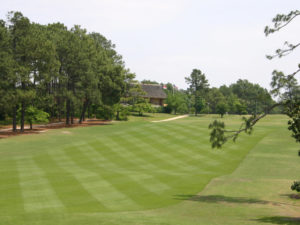 The Sandhills region’s most recent green conversion took place at venerable Southern Pines Golf Club, which was acquired by Kelly Miller and business partner Haresh Tharani in 2020, adding the third leg — with Pine Needles and Mid Pines — of a splendid Donald Ross triumvirate. The team oversaw a renovation the vintage, Ross-designed course that dates back to the early 1900s, under the watchful eye of architect Kyle Franz, who previously produced the heralded restorations and green conversions at Mid Pines and Pine Needles. Franz says the new greens and tees, rebuilt bunkers and cart paths at Southern Pines GC evoked the essence of a Ross original. The greens were revamped and the grass converted from bent to a hybrid Bermuda. “During the summer when the greens were bent grass, we really had to manage our rounds,” Miller said. “In other words, in August, when it was really hot, we wouldn’t take a big event that would bring lots of players because your staff couldn’t get out there to properly water. Now, we’re actively looking to host events during that time period.” “The winters can be a bit more challenging with Bermuda grass greens when extended low temperatures require us to cover the greens at night,” he said. “But the benefits of having outstanding Bermuda grass greens in the summer far outweigh this winter inconvenience.”
The Sandhills region’s most recent green conversion took place at venerable Southern Pines Golf Club, which was acquired by Kelly Miller and business partner Haresh Tharani in 2020, adding the third leg — with Pine Needles and Mid Pines — of a splendid Donald Ross triumvirate. The team oversaw a renovation the vintage, Ross-designed course that dates back to the early 1900s, under the watchful eye of architect Kyle Franz, who previously produced the heralded restorations and green conversions at Mid Pines and Pine Needles. Franz says the new greens and tees, rebuilt bunkers and cart paths at Southern Pines GC evoked the essence of a Ross original. The greens were revamped and the grass converted from bent to a hybrid Bermuda. “During the summer when the greens were bent grass, we really had to manage our rounds,” Miller said. “In other words, in August, when it was really hot, we wouldn’t take a big event that would bring lots of players because your staff couldn’t get out there to properly water. Now, we’re actively looking to host events during that time period.” “The winters can be a bit more challenging with Bermuda grass greens when extended low temperatures require us to cover the greens at night,” he said. “But the benefits of having outstanding Bermuda grass greens in the summer far outweigh this winter inconvenience.”
Talamore Golf Resort
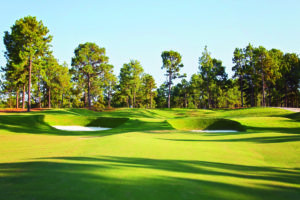 Visitors to the Talamore Golf Resort in Southern Pines can stay and play two of the area’s finest courses, Talamore Golf Club and its sister course, Mid South Club. Both are located on Midland Road midway between the Pinehurst Resort & Country Club and the acclaimed duo of Mid Pines and Pine Needles. Talamore has been ranked in the forefront of outstanding courses since opening in 1991. Architect Rees Jones designed a golf course that is both visually striking and exceptionally enjoyable, debuting with the Penncross strain of bent grass on its greens. Yet, after a quarter-century, the club began reviewing different renewal concepts. Talamore decided to convert to Bermuda in large part based on the overwhelming success enjoyed by the other local courses that had already made the transition. Following in the footsteps of some of its most well-known counterparts, Pinehurst No. 2, Pine Needles, Mid Pines and Tobacco Road Golf Club, the Talamore Golf Resort converted its bent grass greens to Bermuda in 2016. After a thorough review of the different strains, Talamore selected Champion Bermuda. The project was completed just in time for the annual U.S. Kids World Golf Championship held throughout the Pinehurst area, and for which Talamore is a host golf and lodging facility. Talamore has also recently installed stylish new EcoBunkers throughout the course, one of numerous projects being completed at the resort. A new Toptracer Range allows Talamore guests to be able to experience interactive golf entertainment powered by the same technology that viewers enjoy during televised PGA Tour events to track the shots of the game’s best players. In addition, the Talamore practice range has been upgraded and a new, 15,000-square-foot putting course has been installed between the driving range and the 10th tee boxes. Guests can warm up or practice on the putting course while waiting for Toptracer Range, or simply settling some bets after their round.
Visitors to the Talamore Golf Resort in Southern Pines can stay and play two of the area’s finest courses, Talamore Golf Club and its sister course, Mid South Club. Both are located on Midland Road midway between the Pinehurst Resort & Country Club and the acclaimed duo of Mid Pines and Pine Needles. Talamore has been ranked in the forefront of outstanding courses since opening in 1991. Architect Rees Jones designed a golf course that is both visually striking and exceptionally enjoyable, debuting with the Penncross strain of bent grass on its greens. Yet, after a quarter-century, the club began reviewing different renewal concepts. Talamore decided to convert to Bermuda in large part based on the overwhelming success enjoyed by the other local courses that had already made the transition. Following in the footsteps of some of its most well-known counterparts, Pinehurst No. 2, Pine Needles, Mid Pines and Tobacco Road Golf Club, the Talamore Golf Resort converted its bent grass greens to Bermuda in 2016. After a thorough review of the different strains, Talamore selected Champion Bermuda. The project was completed just in time for the annual U.S. Kids World Golf Championship held throughout the Pinehurst area, and for which Talamore is a host golf and lodging facility. Talamore has also recently installed stylish new EcoBunkers throughout the course, one of numerous projects being completed at the resort. A new Toptracer Range allows Talamore guests to be able to experience interactive golf entertainment powered by the same technology that viewers enjoy during televised PGA Tour events to track the shots of the game’s best players. In addition, the Talamore practice range has been upgraded and a new, 15,000-square-foot putting course has been installed between the driving range and the 10th tee boxes. Guests can warm up or practice on the putting course while waiting for Toptracer Range, or simply settling some bets after their round.
Mid South Club
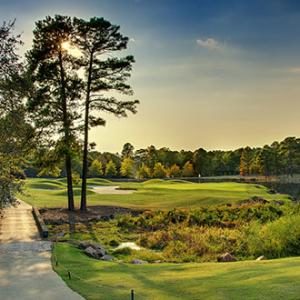
Meanwhile, Talamore’s sister course, Mid South Club — masterfully designed by Arnold Palmer — boasts 545 acres of towering pine trees and emerald fairways within a private, residential community. In 2017, following up on the successful remastering at Talamore, Mid South underwent a similar golf course restoration and greens conversion to Champion Bermuda, along with numerous other club enhancements.The putting surfaces on both layouts were restored to their original designs by recapturing the greens surrounds, which had been encroached by native Bermuda grasses. In addition to true-rolling and lightning-fast greens, the new strains of Bermuda have provided significantly better playing conditions year-round
“Hyland Golf Club (converted to Bermuda grass greens), Legacy (Golf Links) did it in 2012 and then Mid Pines and (Pinehurst) No. 8 did it in 2013,” said Matt Hausser, Talamore Golf Resort’s General Manager. “(Pinehurst) No. 2 did it right after the U.S. Opens in 2014. And then, it kind of snowballed. Once No. 2 converted, then everybody else wanted to do it. Pine Needles converted their greens in 2017, because they did at the same time as Mid South. Mid Pines was 2013.”
Mid Pines and Pine Needles
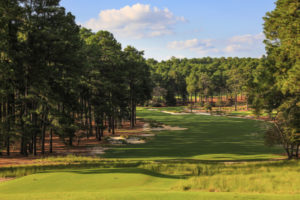 Kelly Miller didn’t have to look far for a good sampling when he began contemplating converting the green complexes at Pine Needles from bent grass to an ultra-dwarf strand of Bermuda grass. He looked just across Midland Road, to the Mid Pines Inn & Golf Club. Miller was able to witness the advantages of Bermuda grass first hand after Mid Pines underwent an extensive 2013 renovation headed by architect Kyle Franz. The greens were resurfaced with a mini-Verde grass that has proven not only more manageable, but also capable of being cut to lower and faster levels — and far more heat tolerant during the steamy Sandhills summers. The Ross restoration work by Franz at Mid Pines and Pine Needles has drawn critical acclaim from wide circles in the golfing community. The world’s best raved about Pine Needles when the club played host to its fourth U.S. Women’s Open Championship in 2022.
Kelly Miller didn’t have to look far for a good sampling when he began contemplating converting the green complexes at Pine Needles from bent grass to an ultra-dwarf strand of Bermuda grass. He looked just across Midland Road, to the Mid Pines Inn & Golf Club. Miller was able to witness the advantages of Bermuda grass first hand after Mid Pines underwent an extensive 2013 renovation headed by architect Kyle Franz. The greens were resurfaced with a mini-Verde grass that has proven not only more manageable, but also capable of being cut to lower and faster levels — and far more heat tolerant during the steamy Sandhills summers. The Ross restoration work by Franz at Mid Pines and Pine Needles has drawn critical acclaim from wide circles in the golfing community. The world’s best raved about Pine Needles when the club played host to its fourth U.S. Women’s Open Championship in 2022.
For Miller, an accomplished competitor and knowledgeable Ross devotee, he first started contemplating the advantages of Bermuda greens long ago while playing two other historic courses further south — Country Club of Charleston in the South Carolina Lowcountry, where Miller had competed through the years in the prestigious Azalea Invitational, and Seminole Golf Club in Juno Beach, Fla., one of Ross’s most renowned designs, where Miller is a member. “The Bermuda grass greens at Country Club of Charleston might have been the best greens I ever putted on,” said Miller, who won the Azalea Invitational in 1995. “And Seminole has some of the best Bermuda grass greens anywhere. I have become infatuated with them through the years.”
So has the rest of the Sandhills, which has led to the on-going “Bermuda Revolution” — and making some of the world’s finest golf courses even better.
Other Blogs
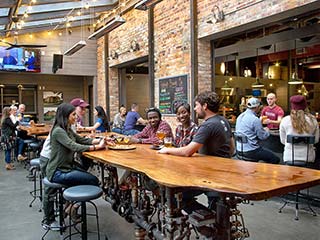
10 Great Things To Do
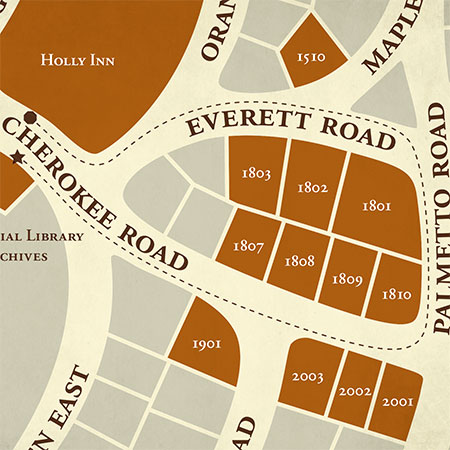
Discover The Path To Pinehurst’s Past

Insider Golf Tips
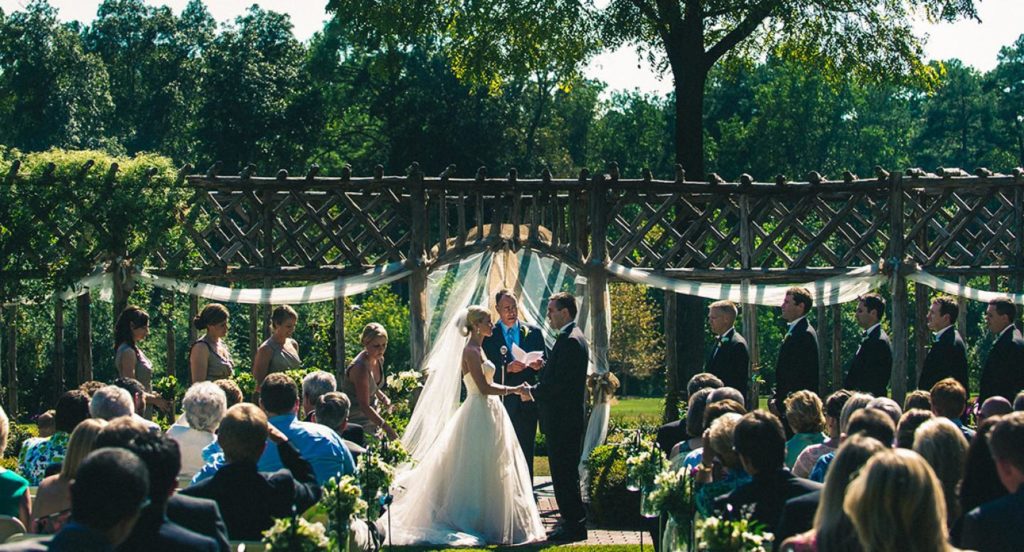
Unique Wedding Venues
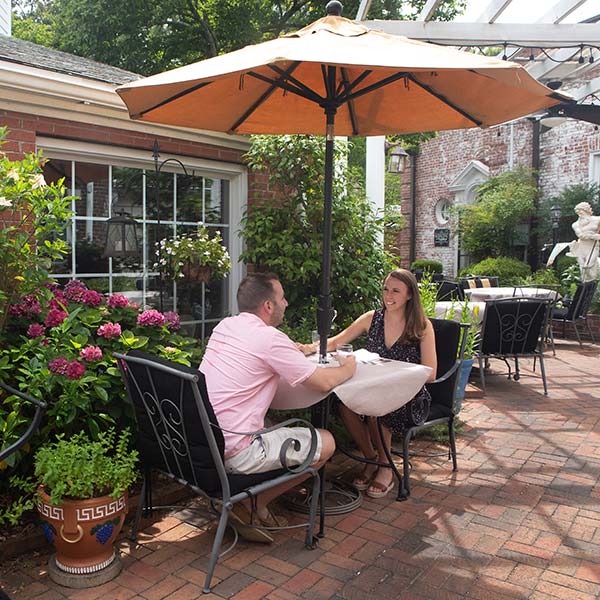
North Carolina Couples Vacation
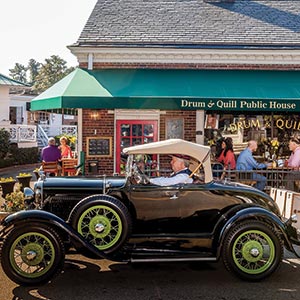
Our Favorite 19th Holes in the Home of American Golf

Girlfriend Getaways
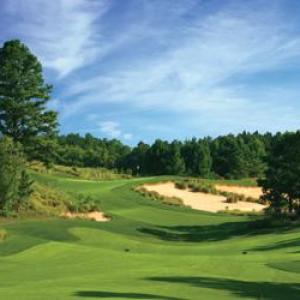
Tobacco Road: A Truly Unique Golf Adventure
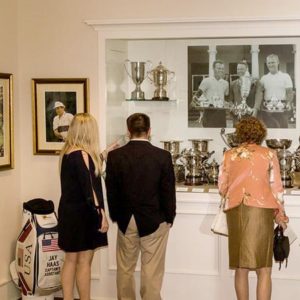
Carolinas Golf Association Hall of History
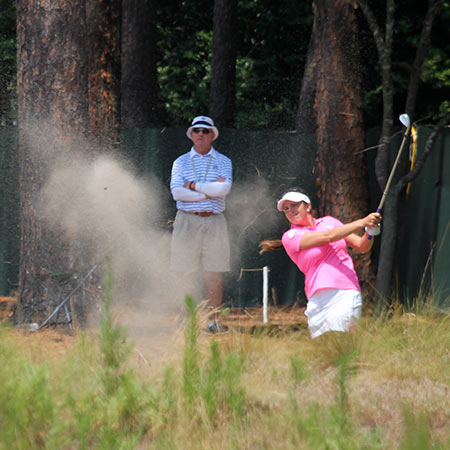
Where the Ladies Golf
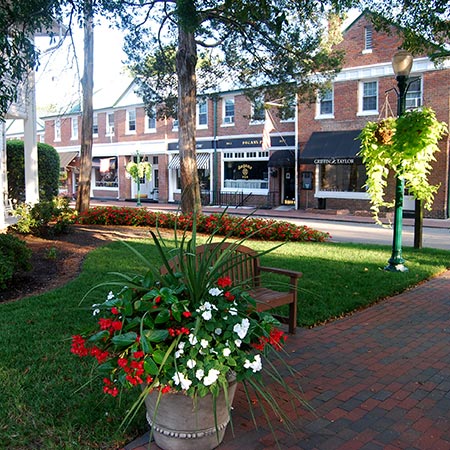
Romancing Pinehurst
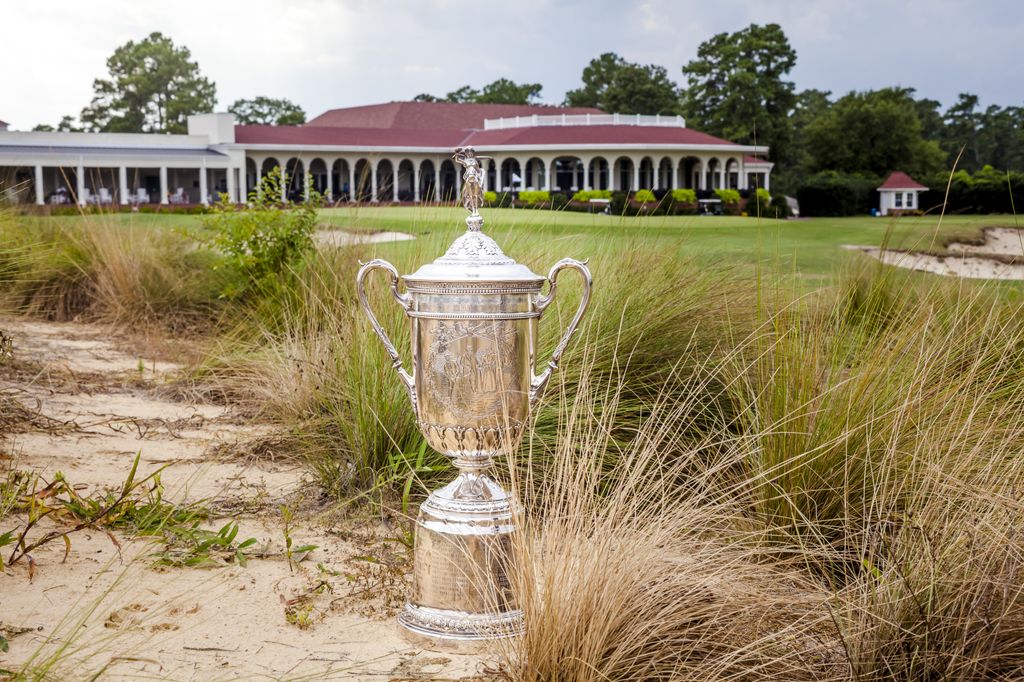
Home of American Golf and U.S. Open Connections

Former U.S. Open Champions Provide Pinehurst Area Some of Its Finest Designs

Donald Ross First of Many Architects to Design U.S. Open-Quality Courses in Sandhills
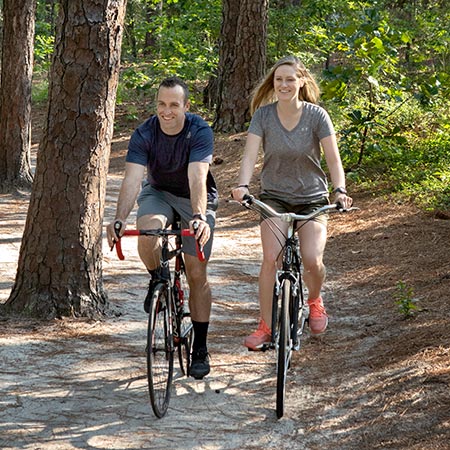
Sandhills Offers Outstanding Variety of Outdoor Activities
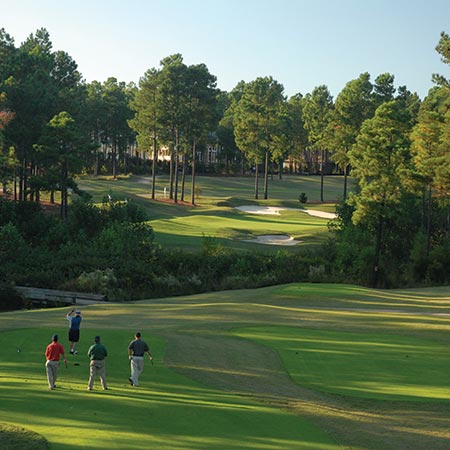
Buddy Golf Trip
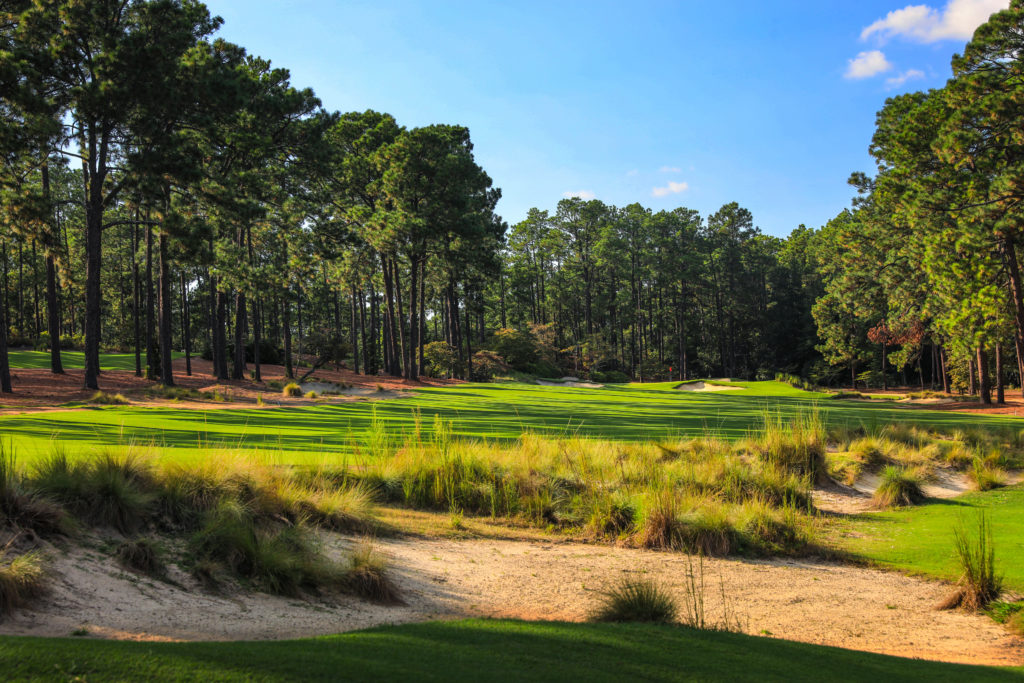
18 Holes of Local Knowledge for the Sandhills Golfer

The Family Fun Trip
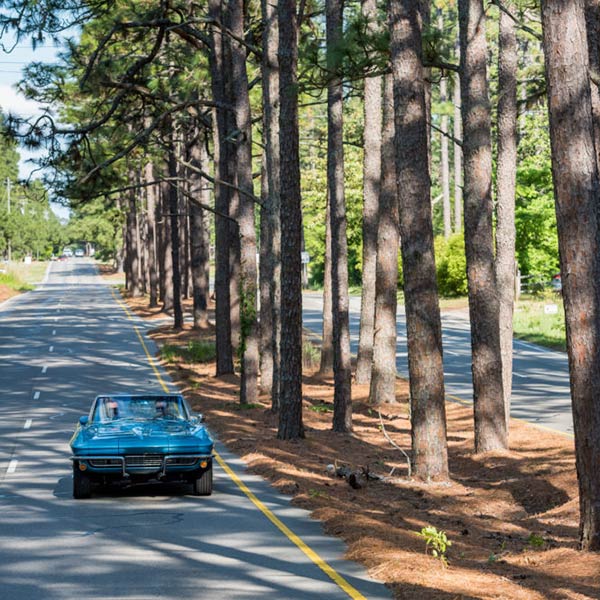
Midland Road: The “Fifth Avenue of Golf”
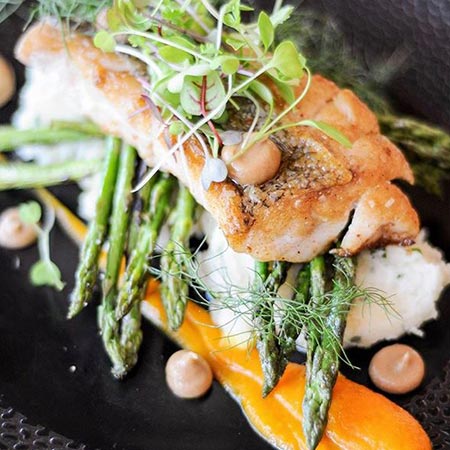
Collards, Community and Collaboration
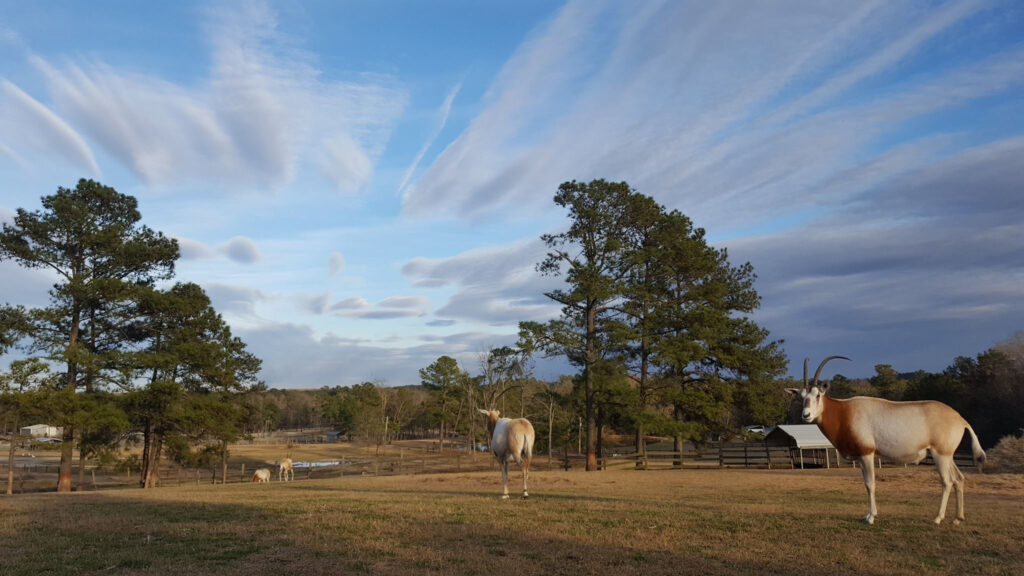
10 Little-Known Facts About North Carolina’s Pinehurst/Southern Pines Region

Sandhills Holiday Gift Guide

Spring Primer: Local Knowledge from the Home of American Golf

Our Favorite Coffee Shops in the Sandhills

Franz Creating Legacy on the Links

Bring Fido! Pet-Friendly Finds Among the Pines
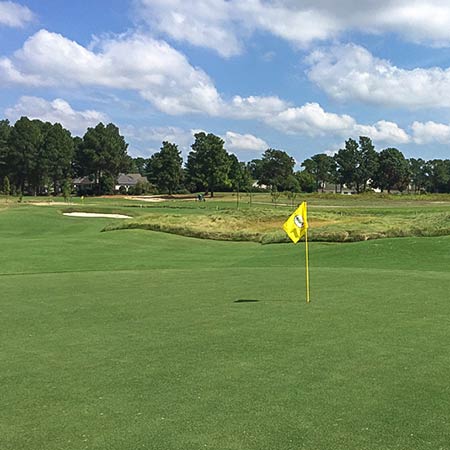
Bottlebrush: Pinehurst Area’s Best Kept Secret
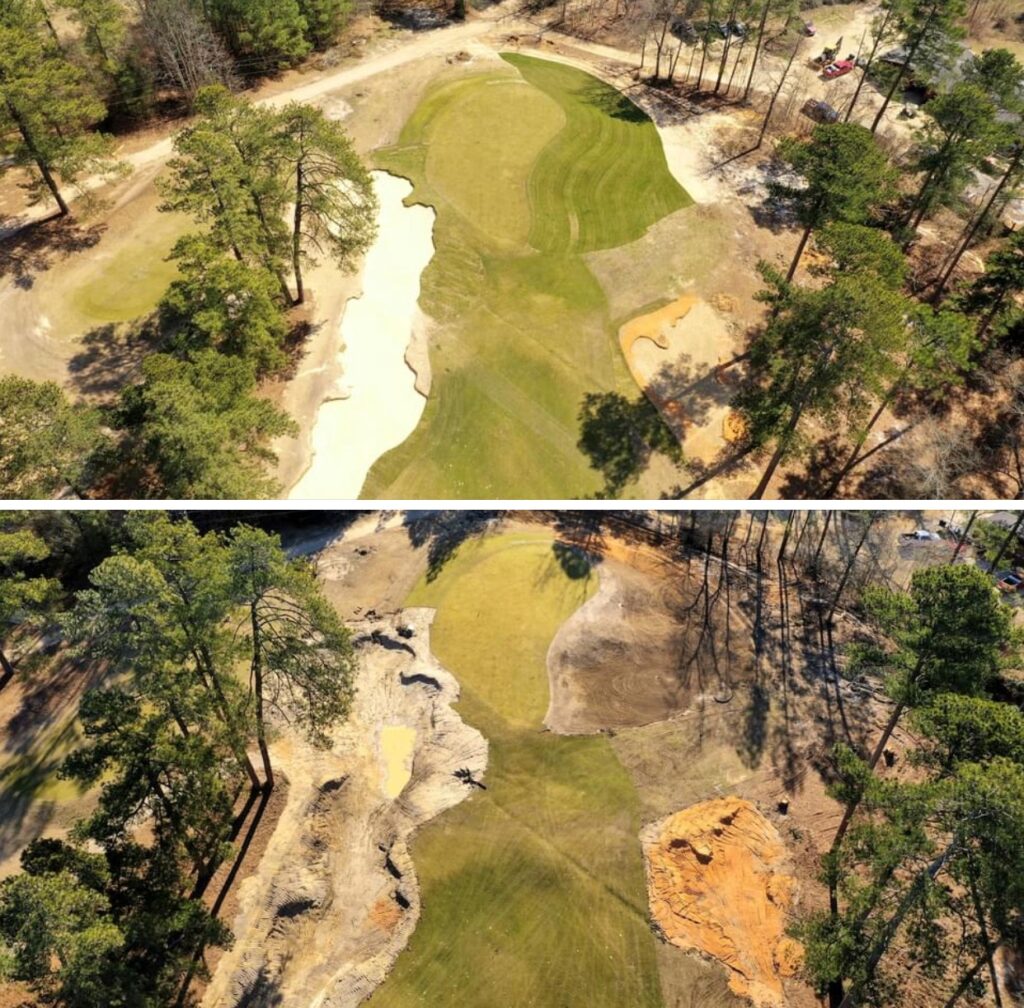
Franz Part 2: The Legacy Continues

Why Visit Pinehurst If You Don’t Play Golf?
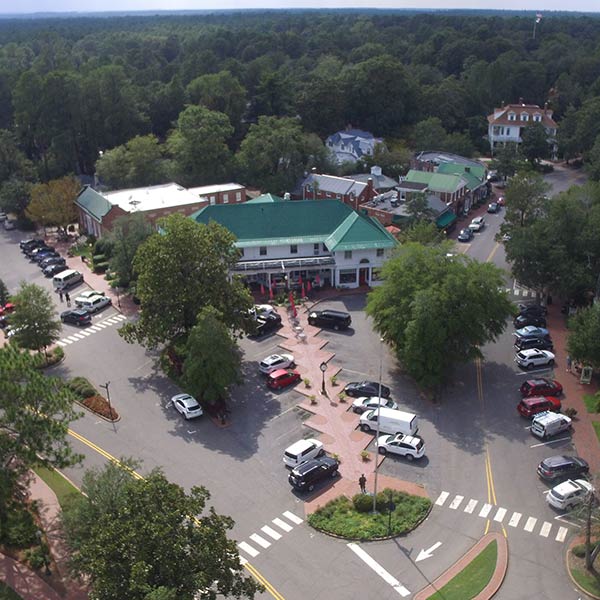
First Timer’s Guide to Pinehurst
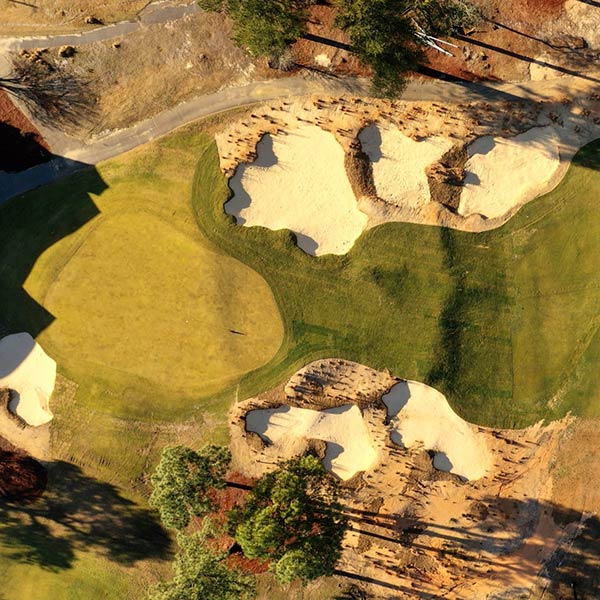
Franz Part 3: On Sandhills Topography

Top 10 Places for a #Sandhills Selfie
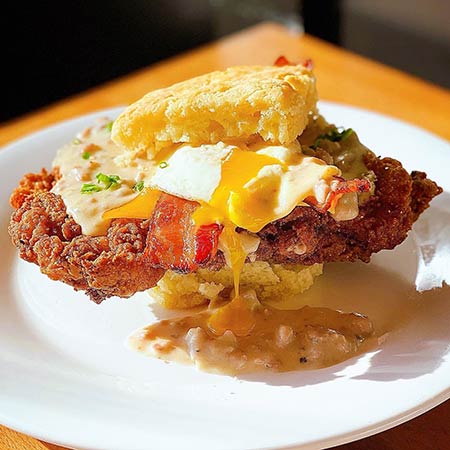
Hunger Games – Sandhills Golfers Dining Guide

Episode 1: Golf Tips with Nick Bradley

Episode 2: Golf Tips with Nick Bradley
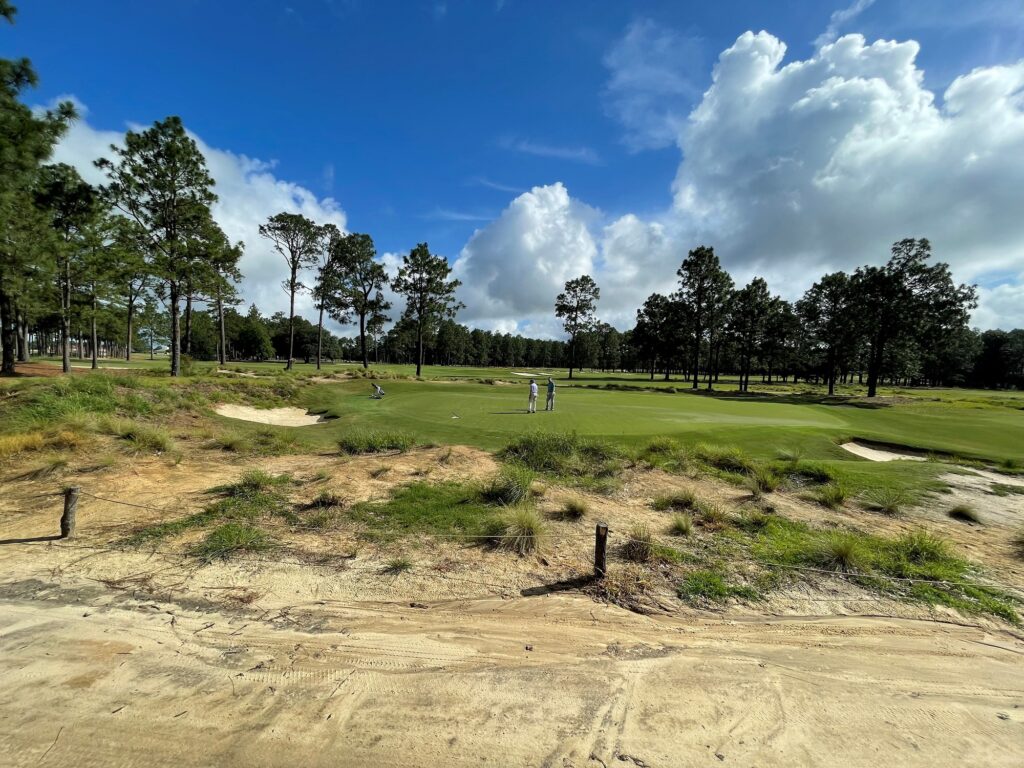
Sandhills Embraces Walking Culture
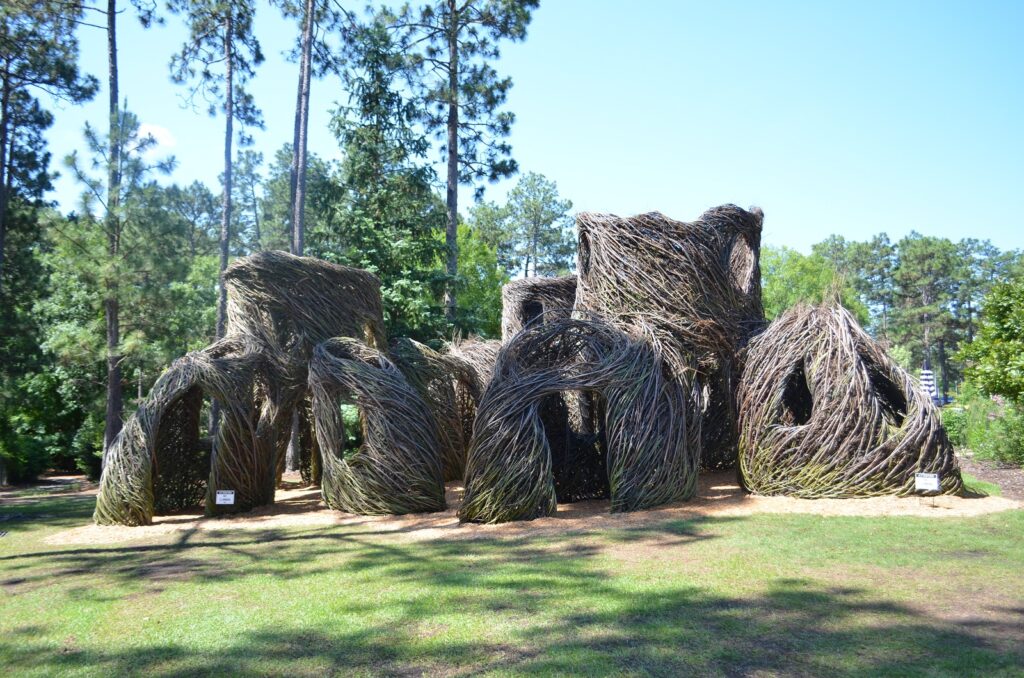
Patrick Dougherty: The Stickman Cometh
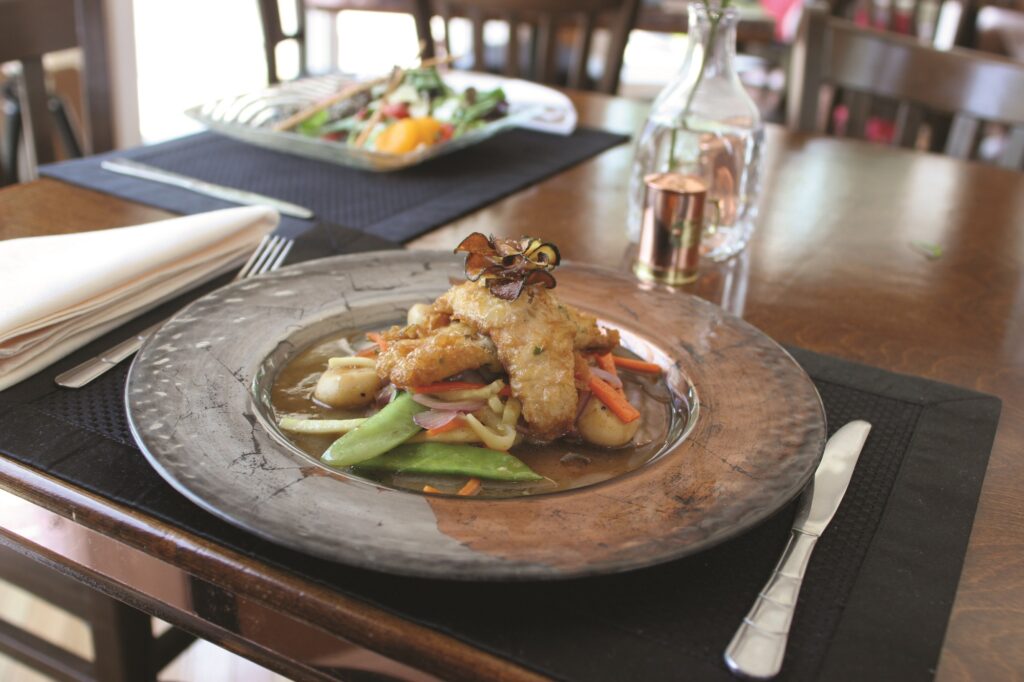
Dining A to Z
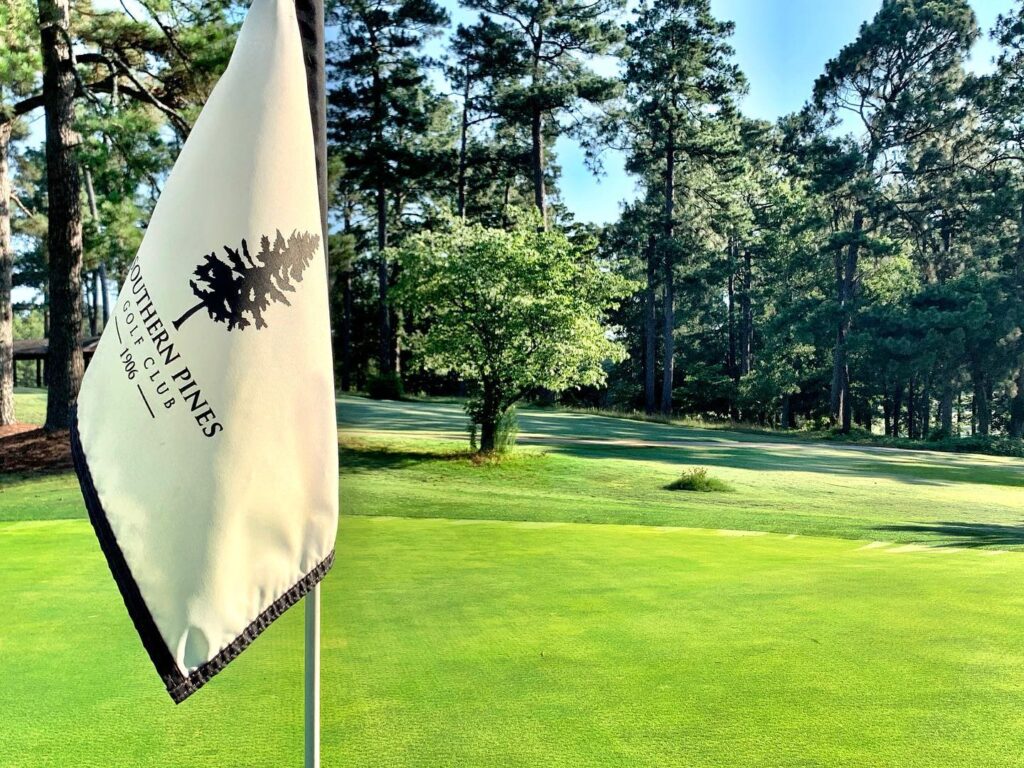
Fall Renewal in the Sandhills
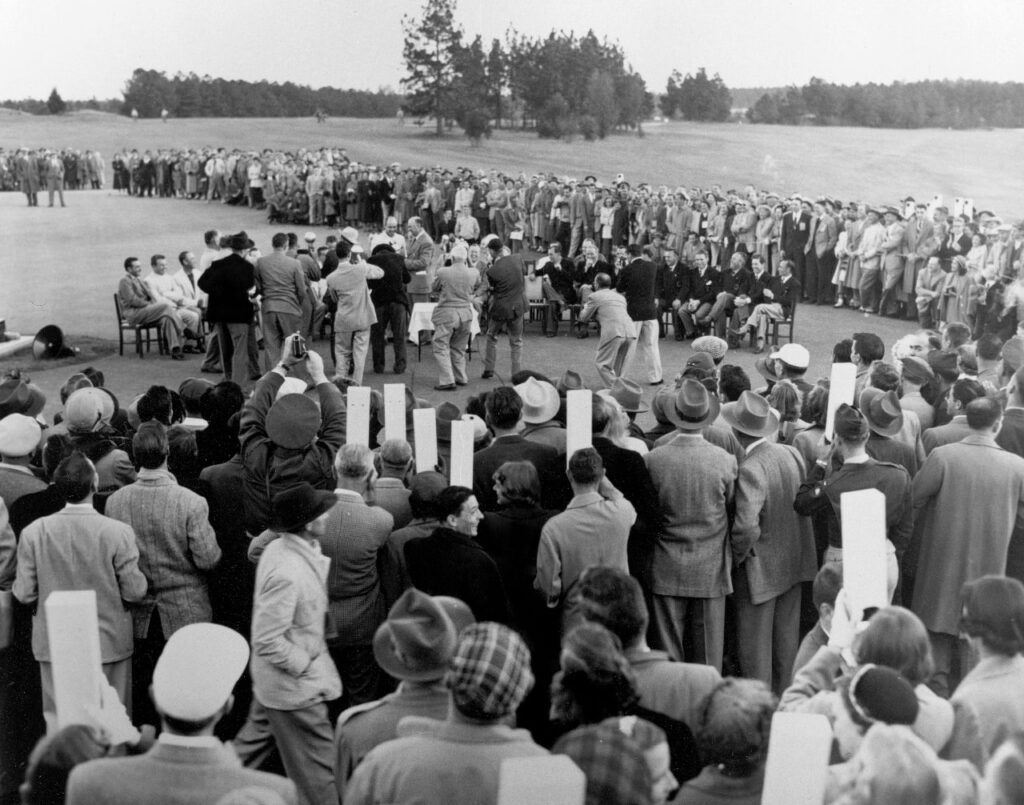
Pinehurst’s Ryder Cup 1951
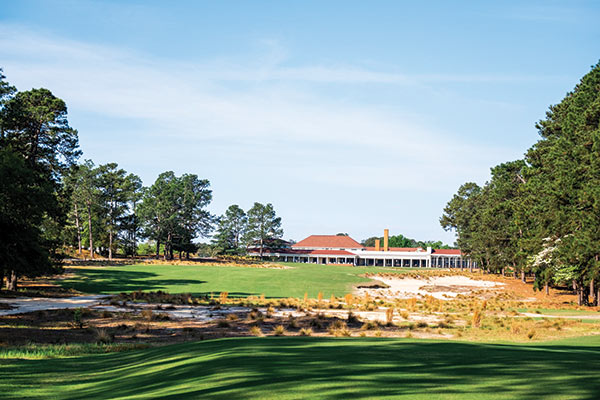
No. 2 Celebrates 10 Years

2004 Ryder Cup That Wasn’t
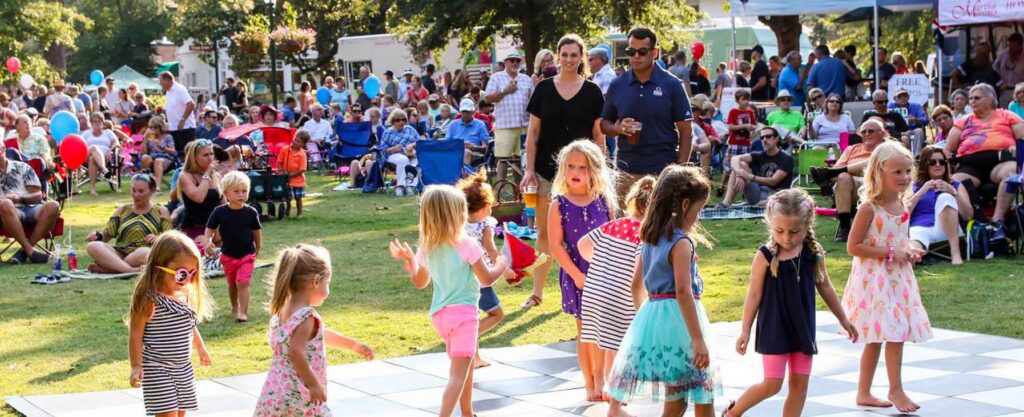
Family Fun in the Sandhills
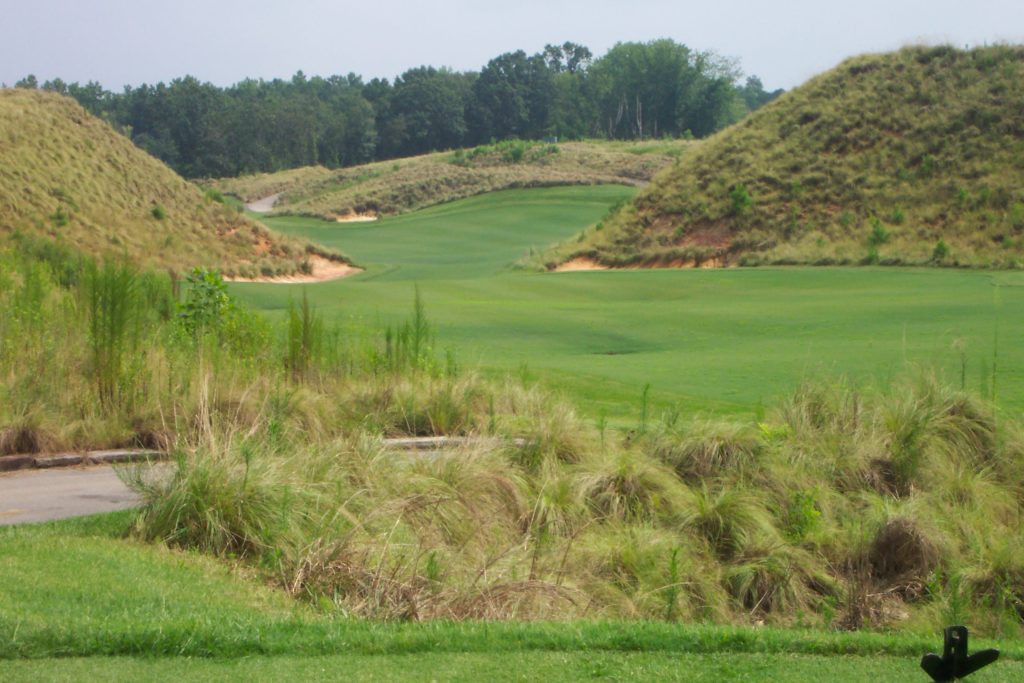
Remarkable Golf Stays in The Pinehurst Area

Couples Weekend Getaway Ideas

Nature’s Canvas: Tobacco Road
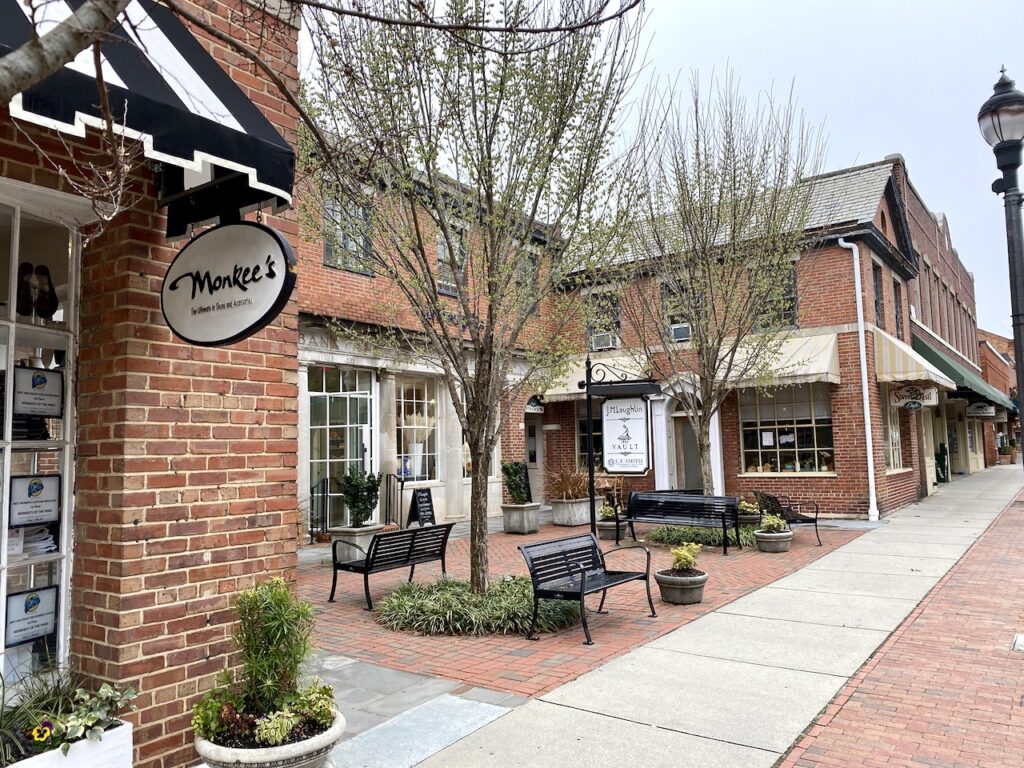
Perfect Getaway to Southern Pines

Culinary Discoveries in the Sandhills of N.C.
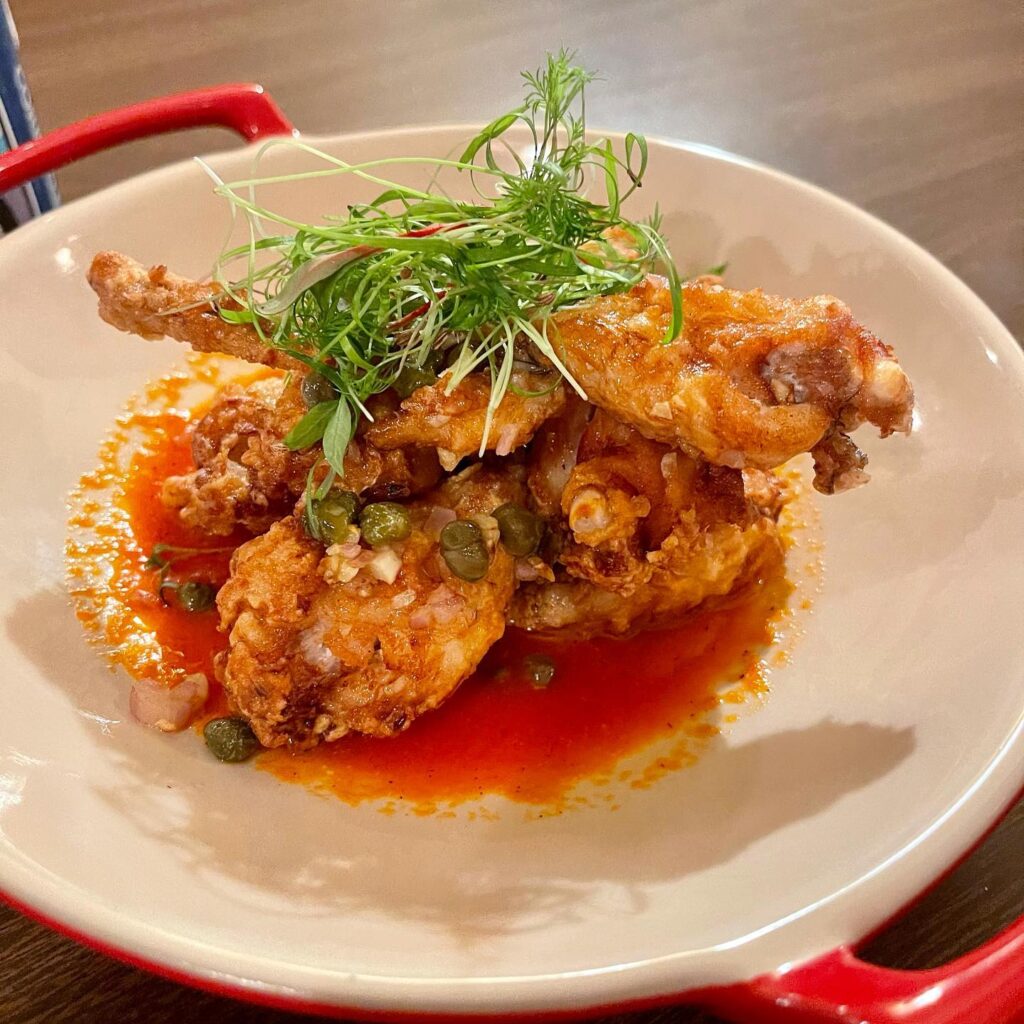
Restaurant Roundtable Q&A
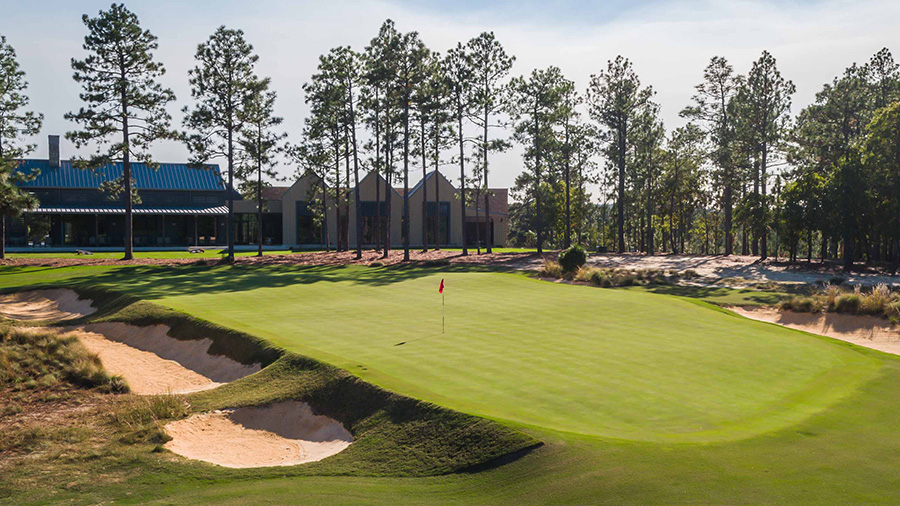
Dormie Club’s New Era
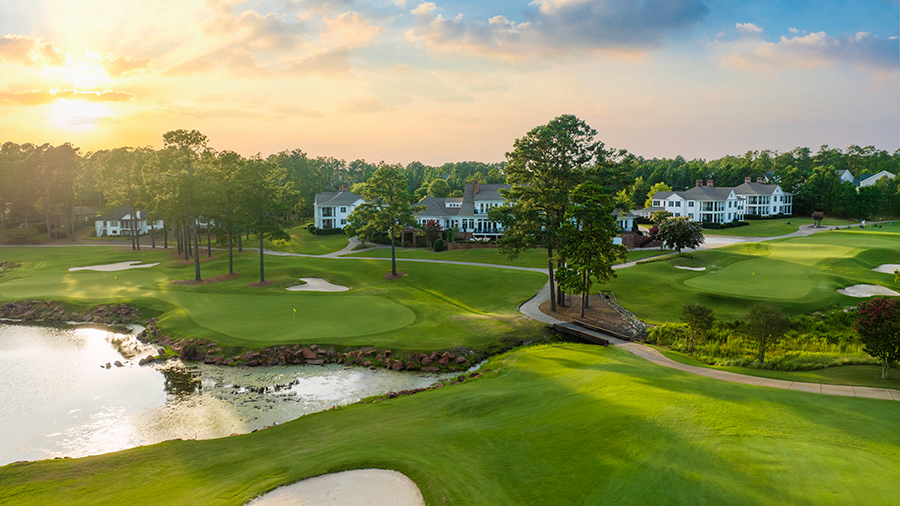
Talamore and Mid South: History of Their Own
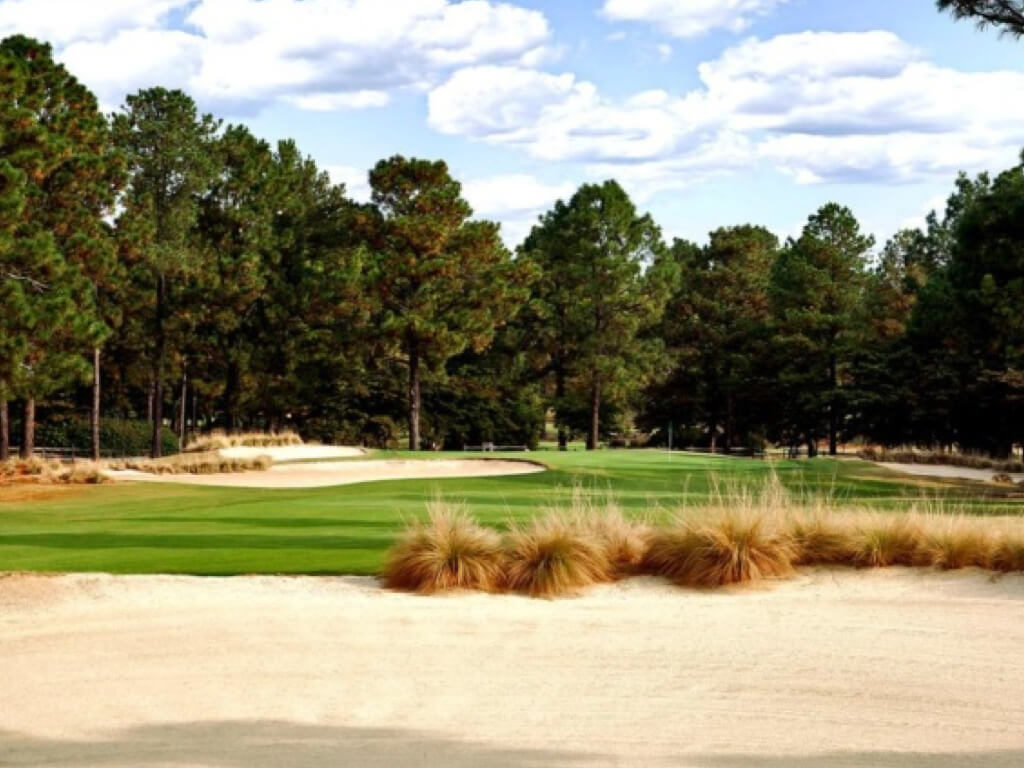
Undiscovered Pinehurst

Off for Pinehurst
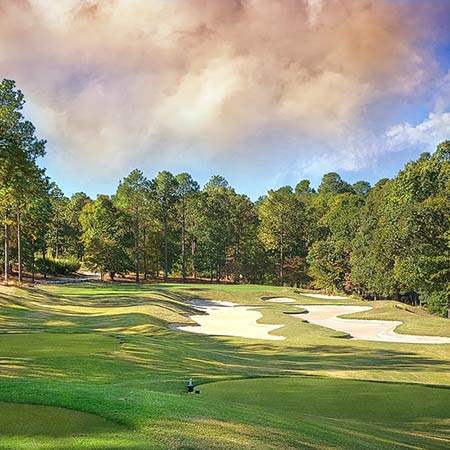
Talamore Doing More for 2022
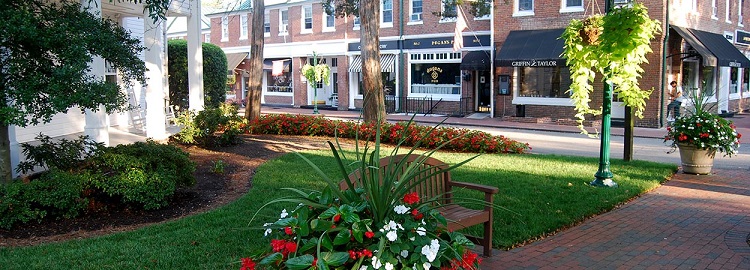
Romantic Gift Ideas In Pinehurst Area
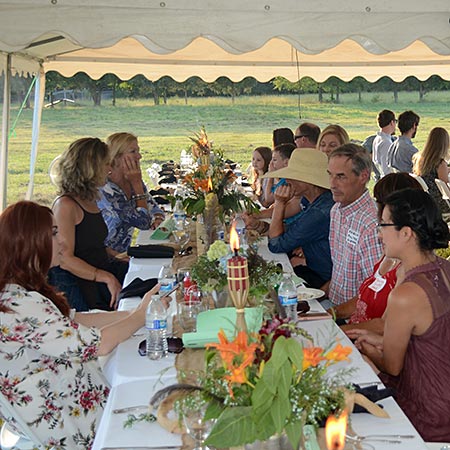
Foodie Weekend in the Sandhills
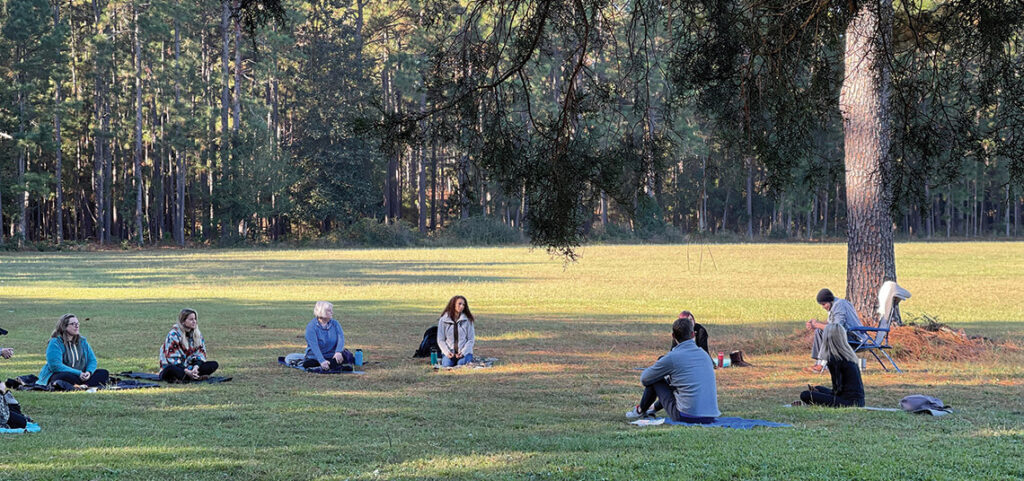
Wellness in the Pines
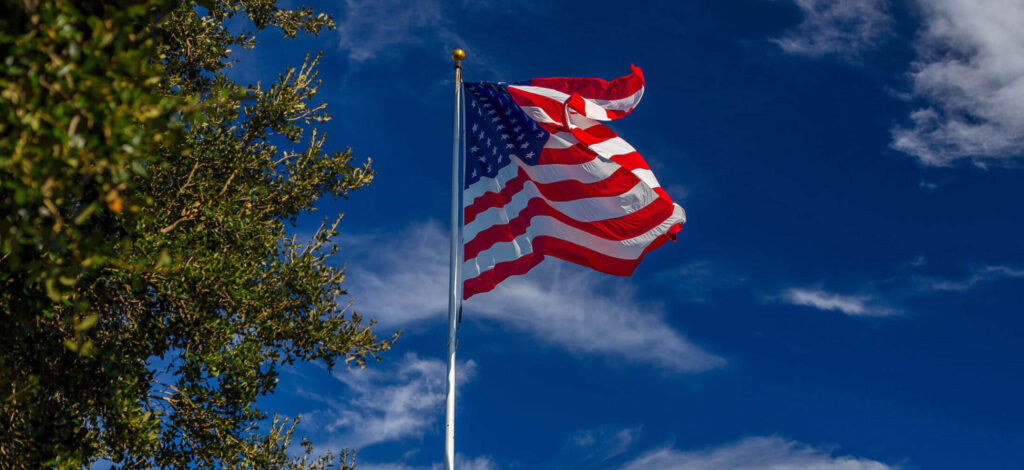
The Military Means Business in the Sandhills
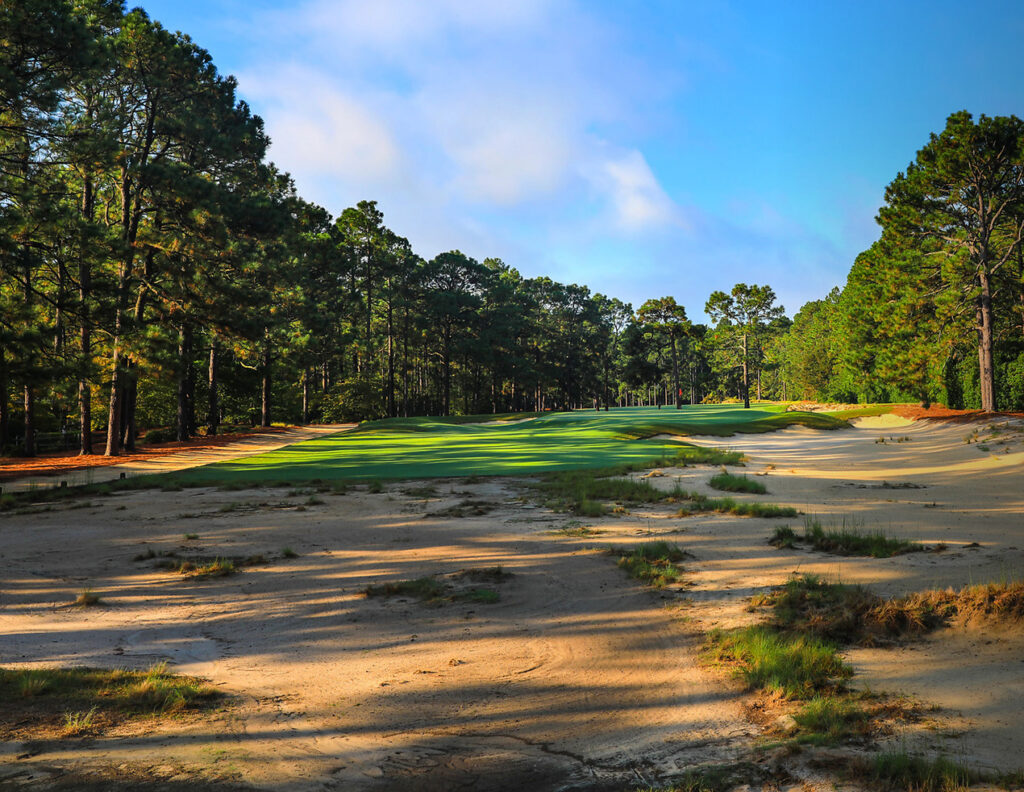
Pine Needles Goes Back in Time

Grande Dame of Women’s Golf
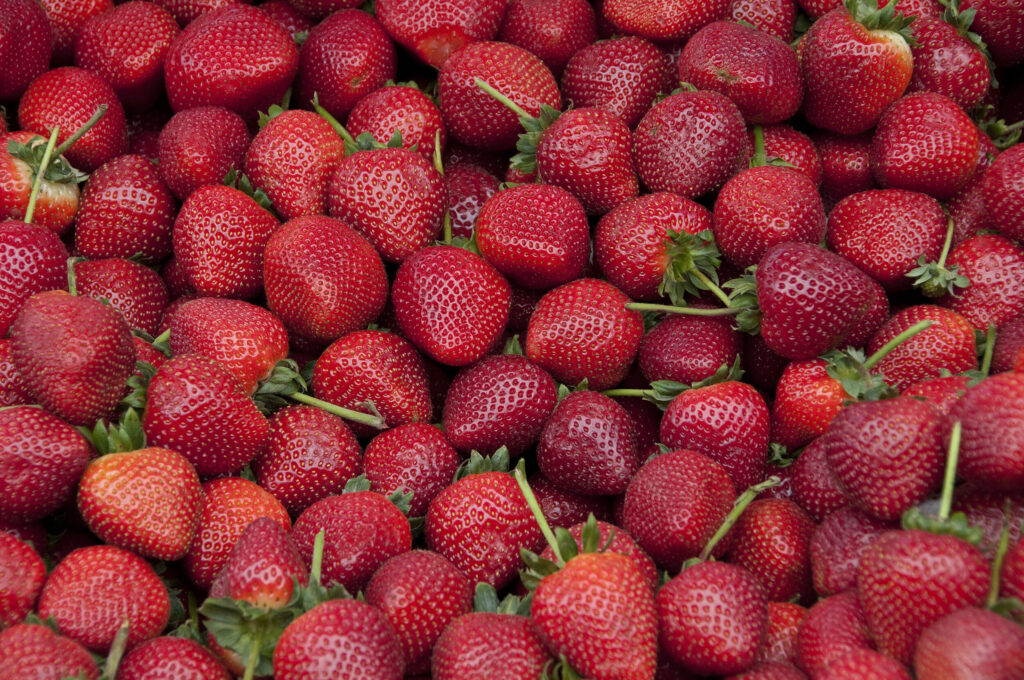
A Guide to Berry Picking in the Sandhills

Waltzing on the Danube with Peggy Kirk Bell
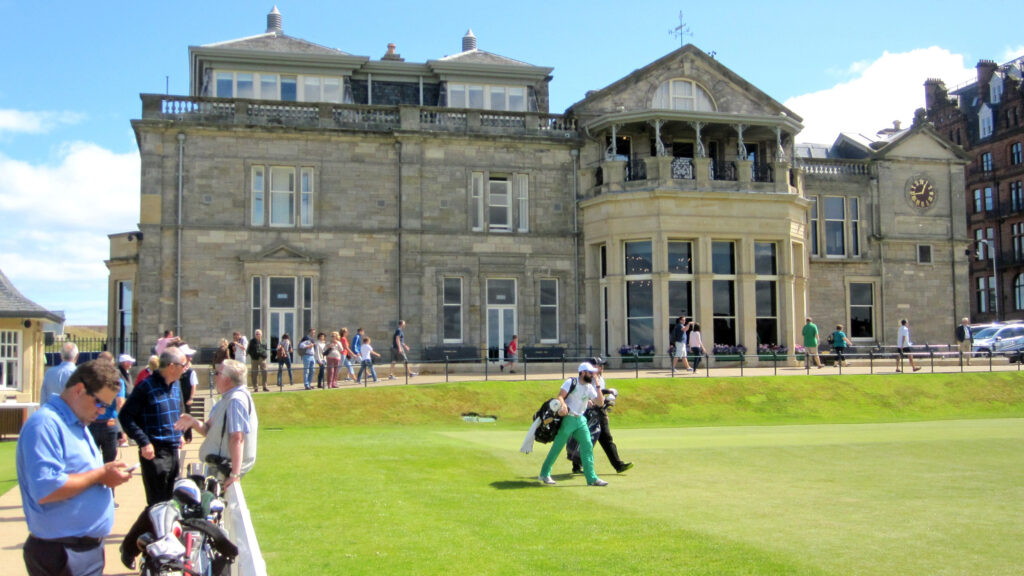
From Cradle to Cradle
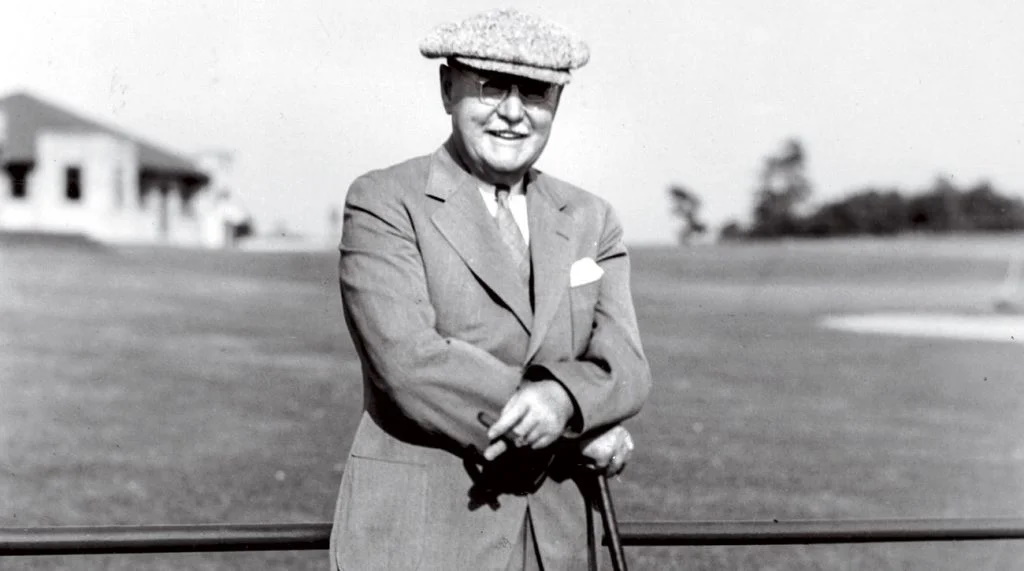
Donald Ross Could Golf His Ball
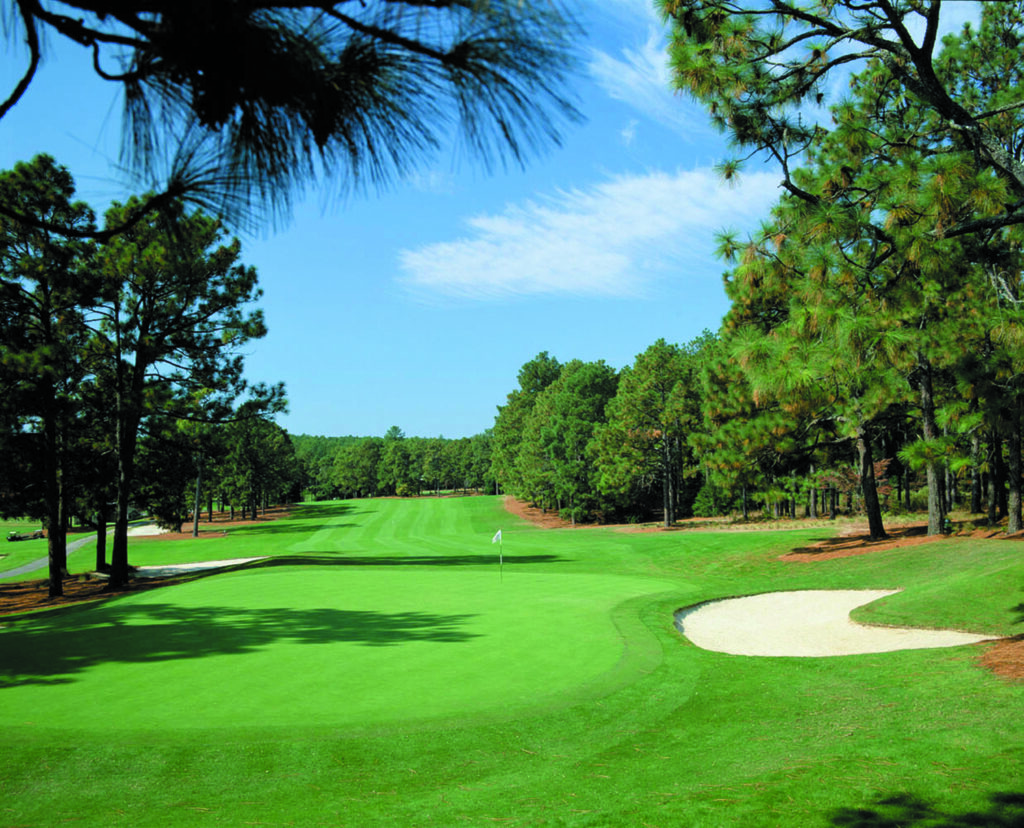
No Resting on Laurels Around the Home of American Golf
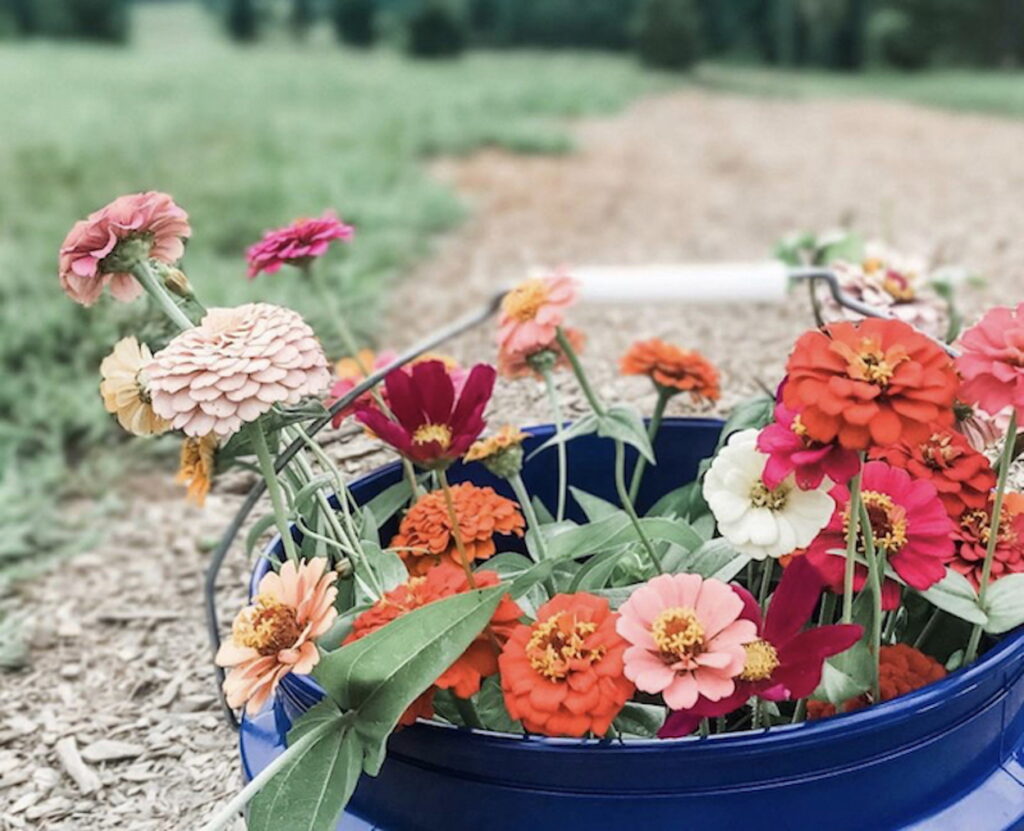
Flower Farms in the Sandhills
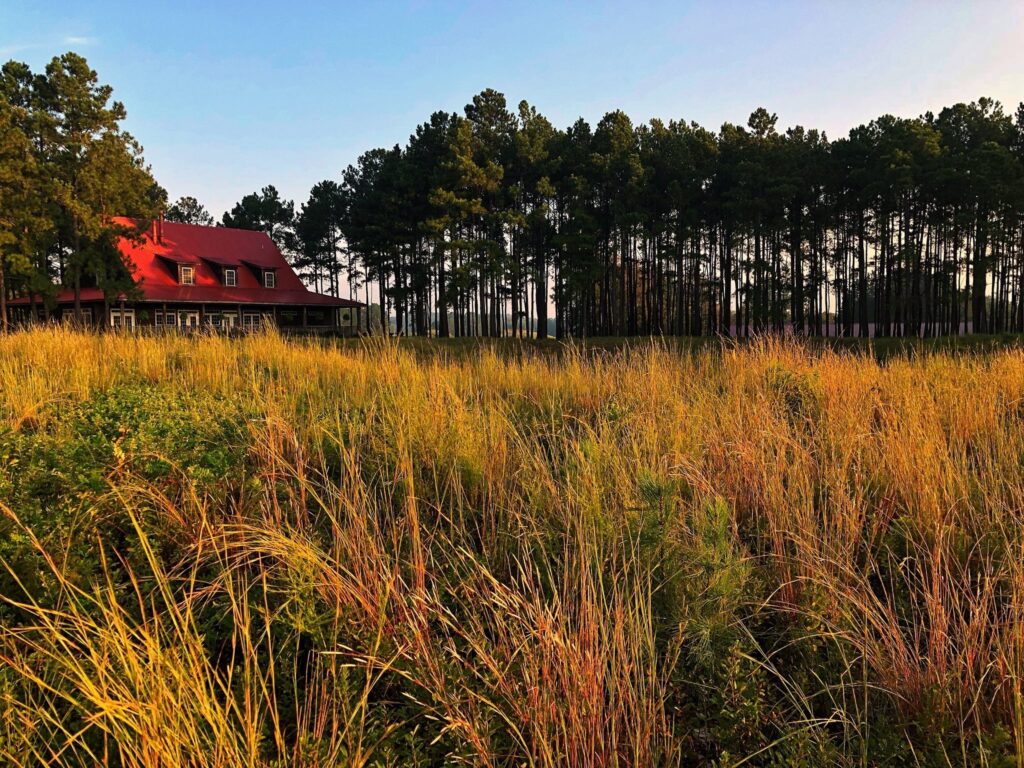
Fall into Pinehurst Golf

What Goes Around…
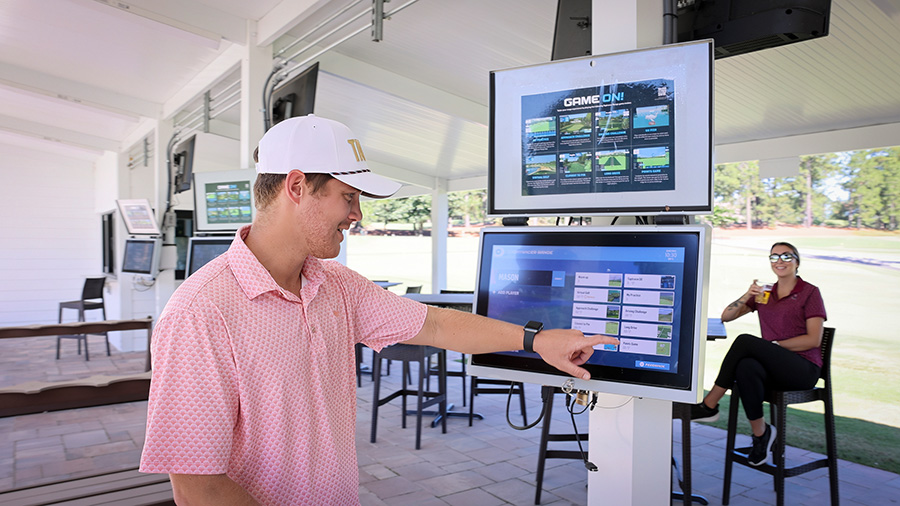
Talamore Resort Debuts New Toptracer Range
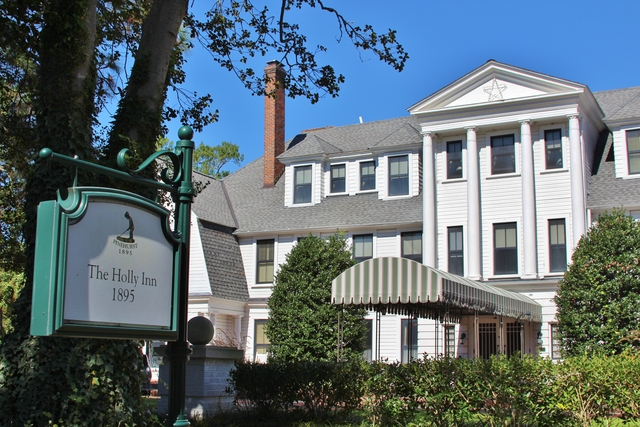
The History of the Pinehurst Inns
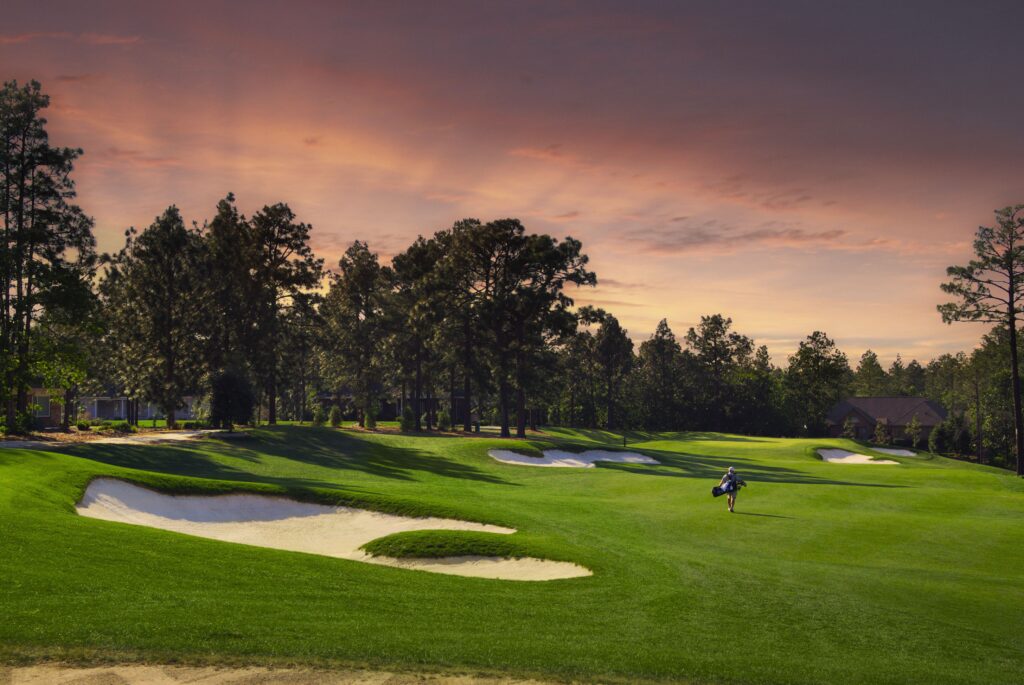
“For me, Pinehurst is such a special place for golf!”- Tom Fazio
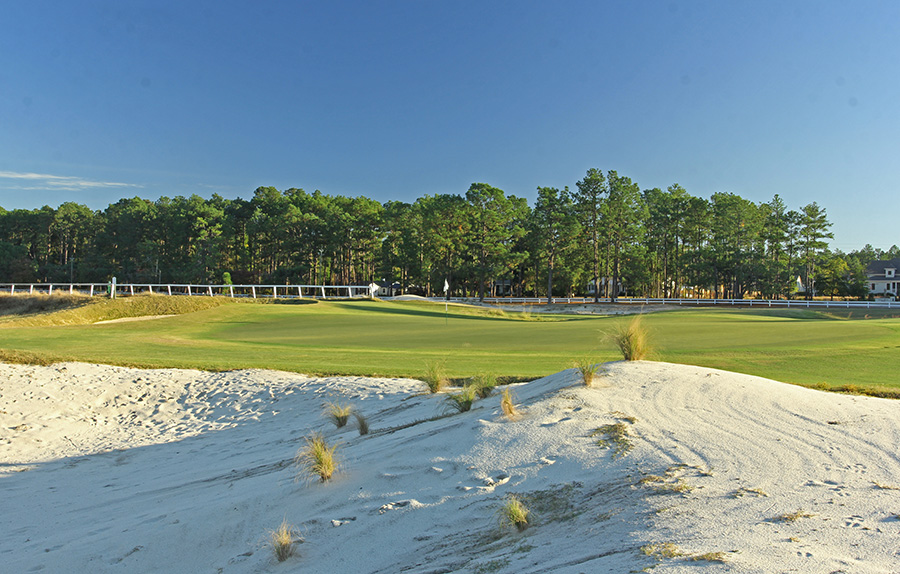
Maples Roots Run Deep in Sandhills Golf Design
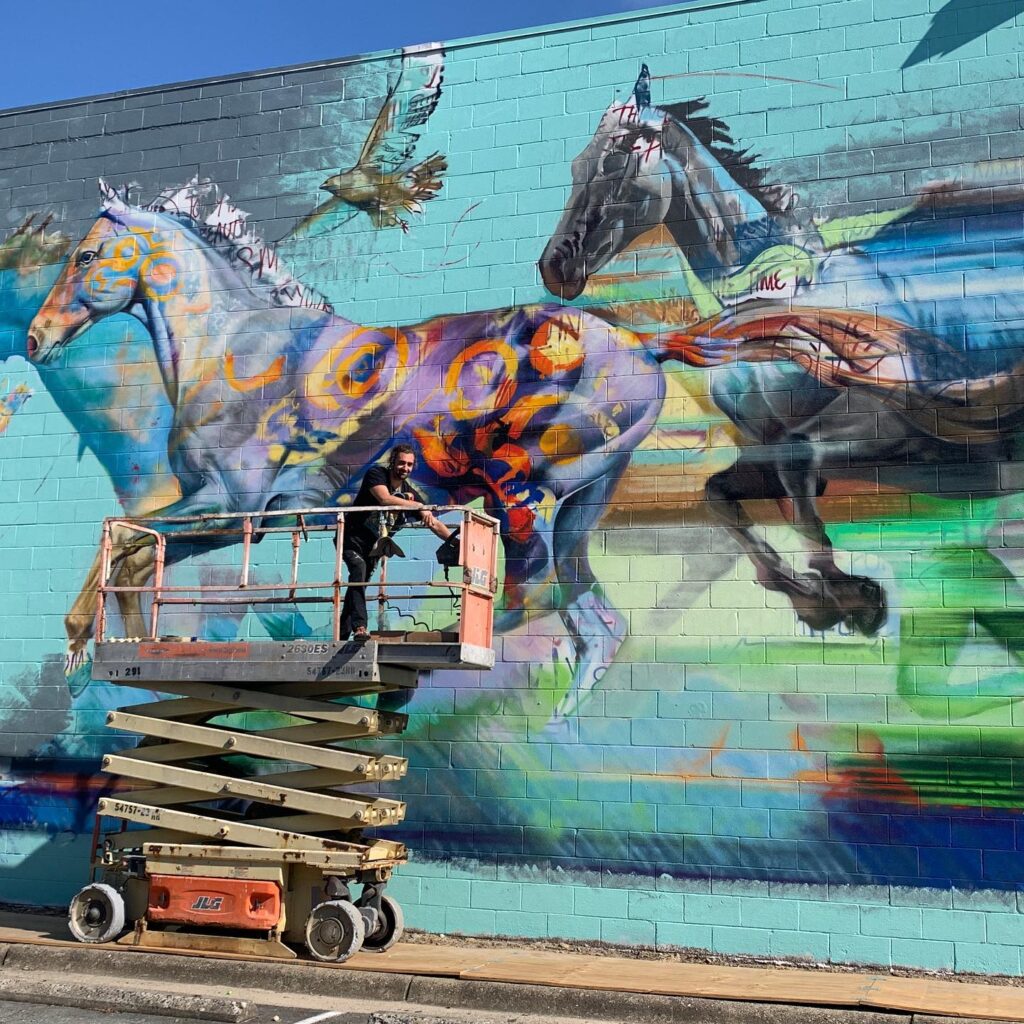
New Southern Pines Mural
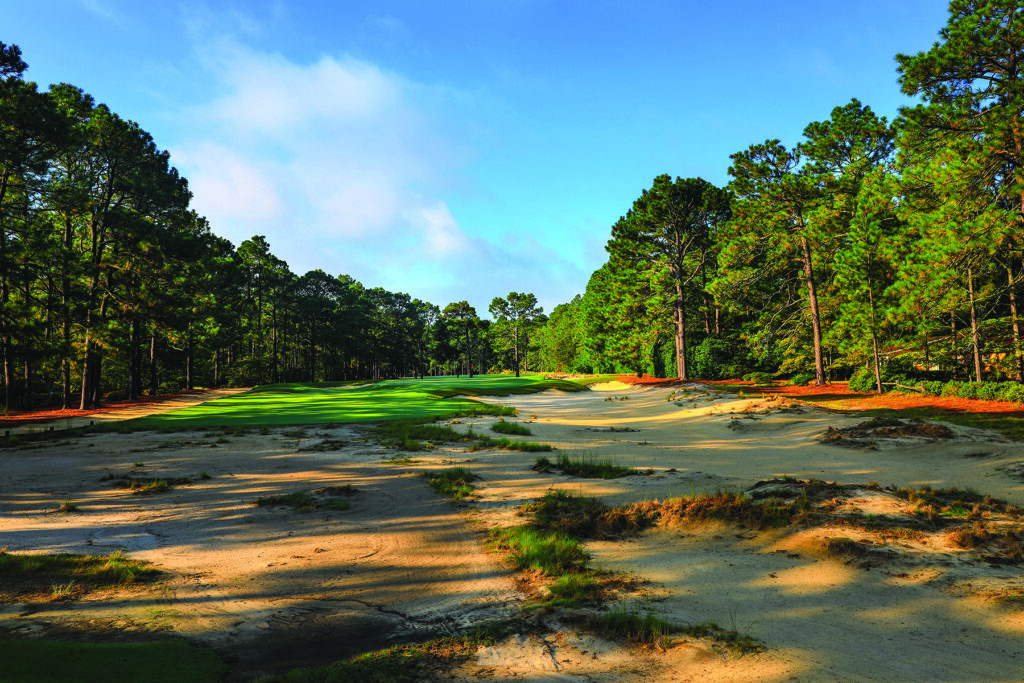
Pinehurst Area Buzzing with 2023 Excitement

Discover the Sweetness of the Sandhills

Celebrating the New Year in Moore County
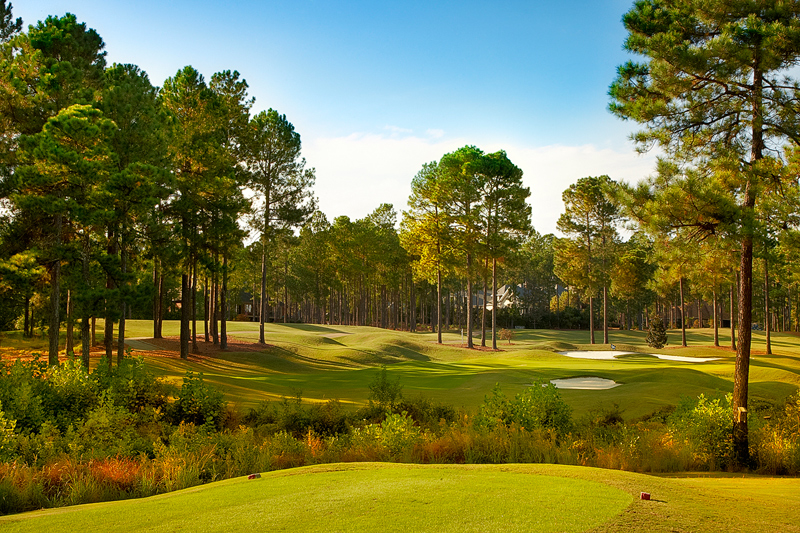
The Big Three

Jones Family Imprint
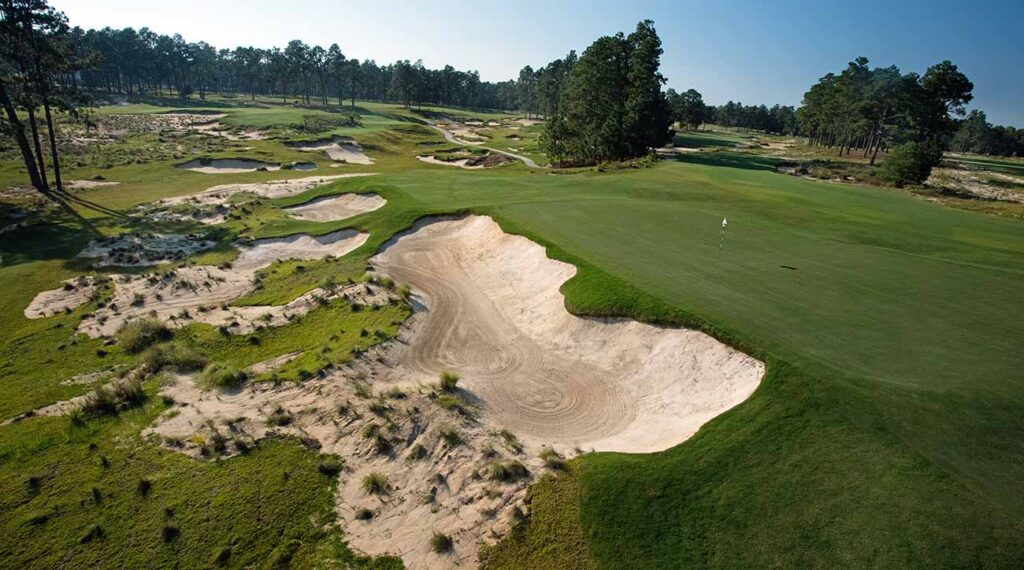
The Hanse Touch
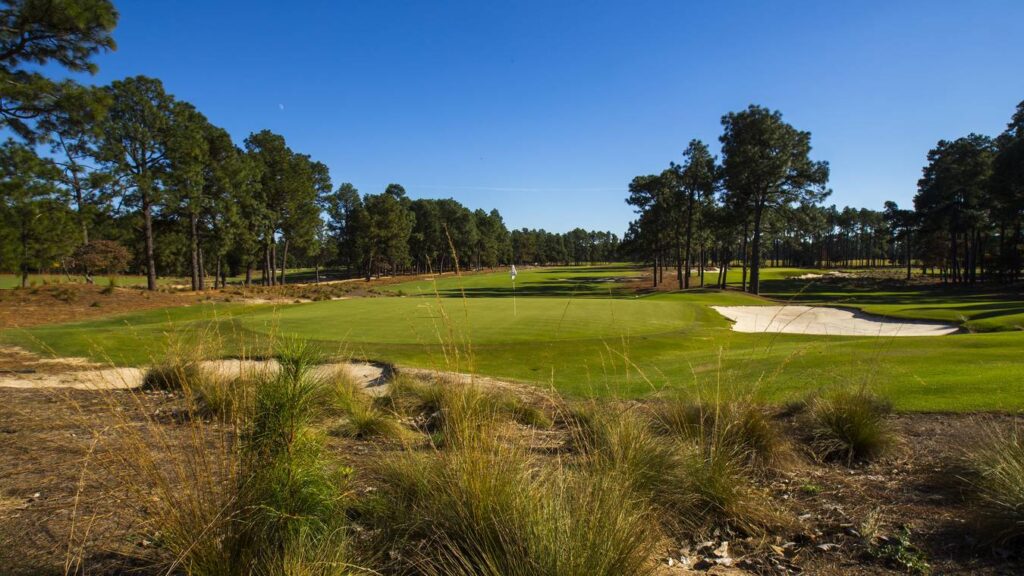
Coore & Crenshaw Roots Run Deep
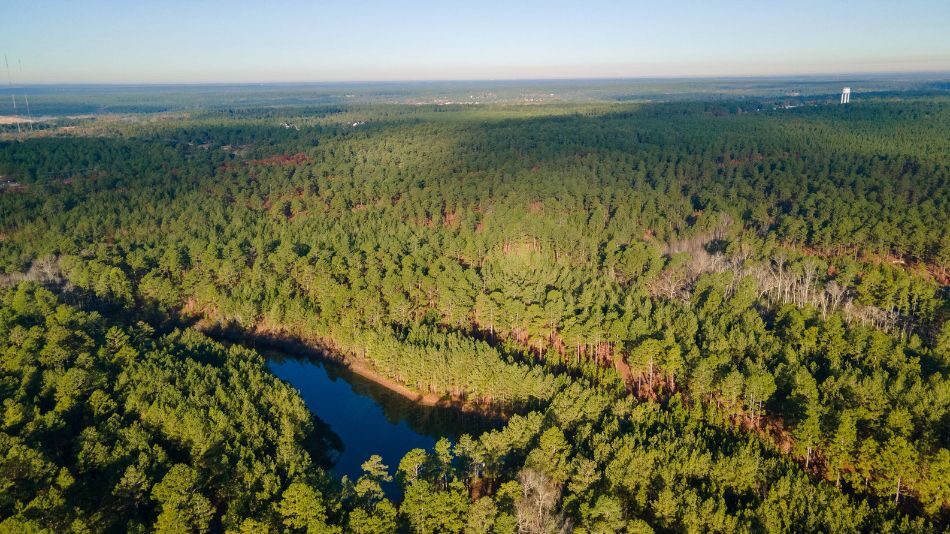
Pinehurst Resort Announces New Course to be Designed by Tom Doak
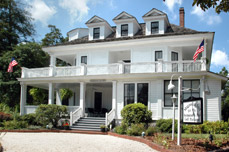
PINEHURST’S MAGNOLIA INN REOPENS
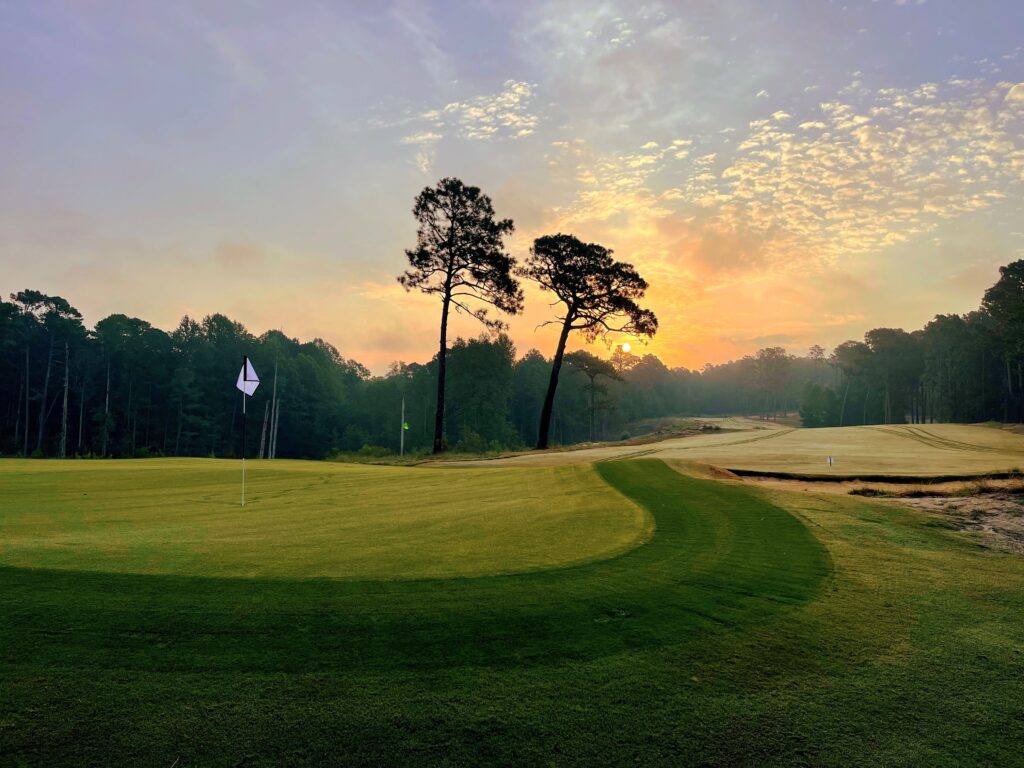
Southern Pines Golf Club Recognized
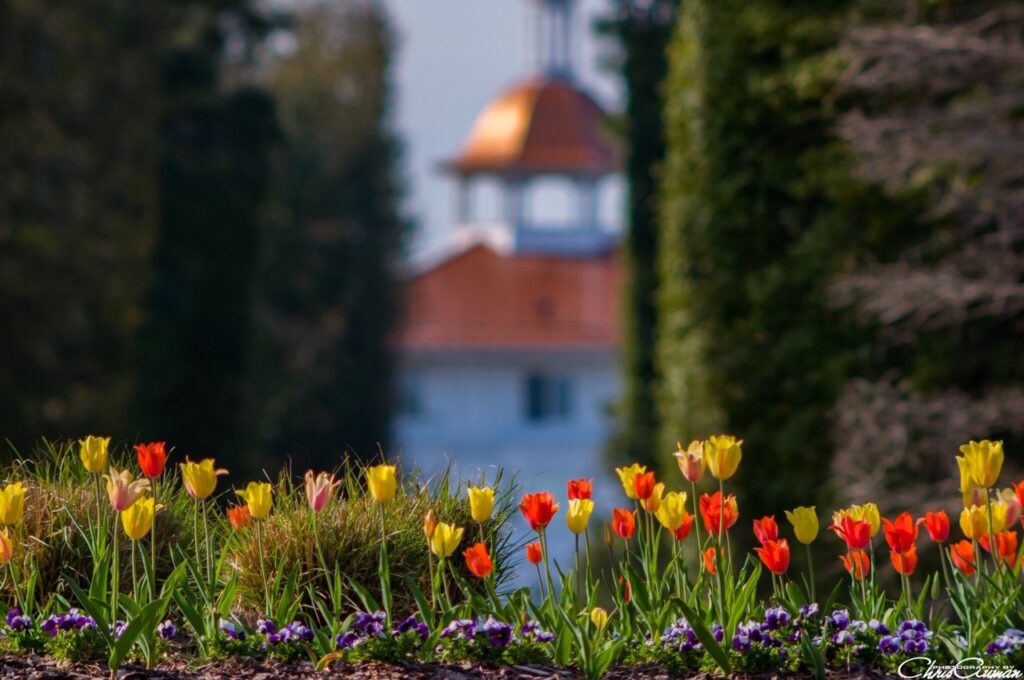
Spring in the Sandhills

Mother/Daughter Weekend in the Sandhills
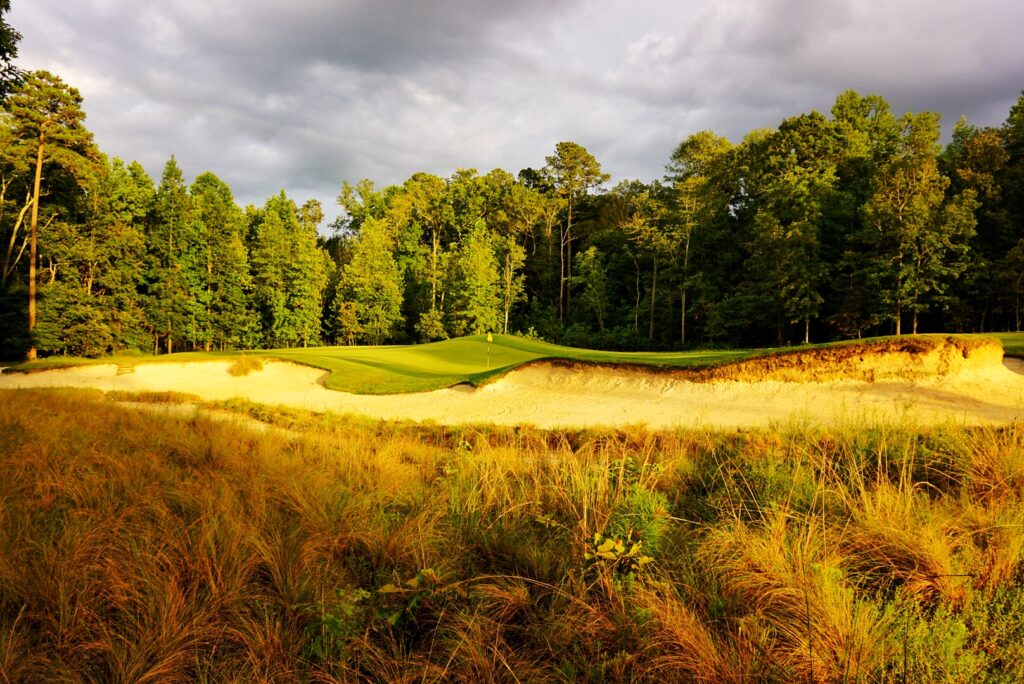
A Few of Our Favorite (Golfing) Things
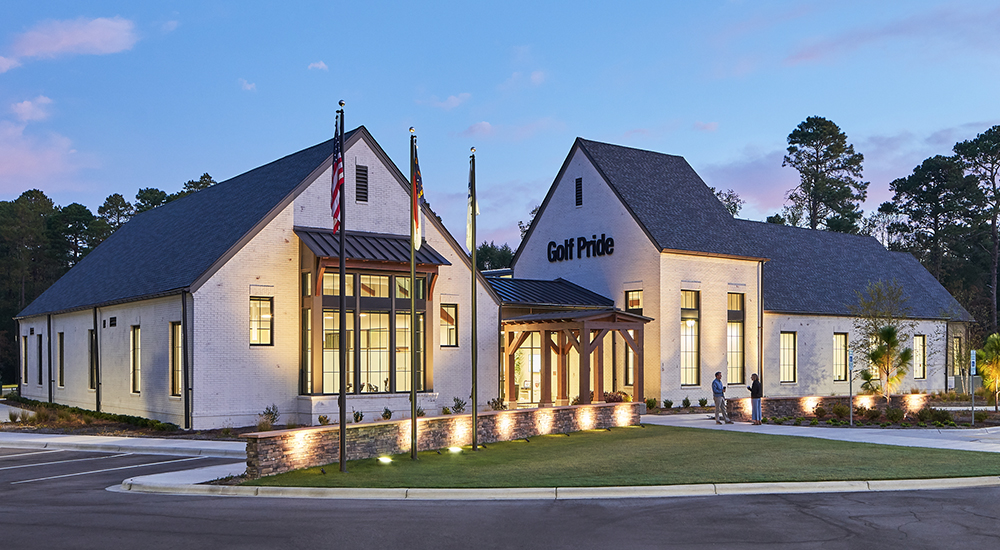
Golf Pride Retail Lab a must-see experience for your Pinehurst itinerary
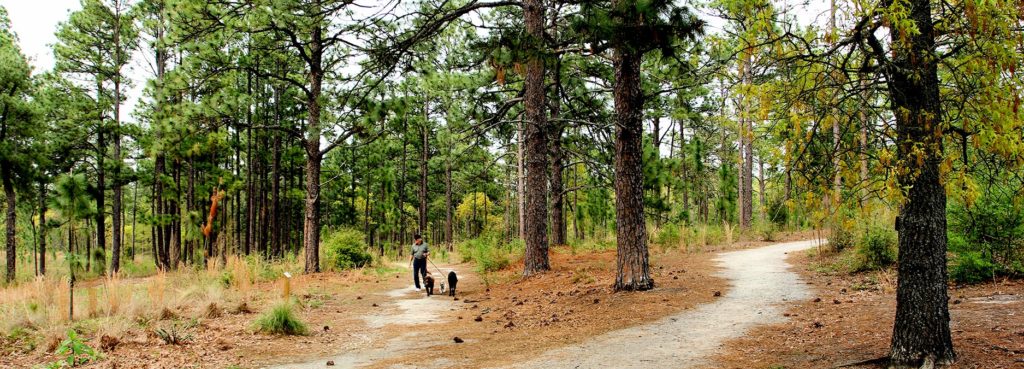
6 Trails to Explore for the Year of the Trail
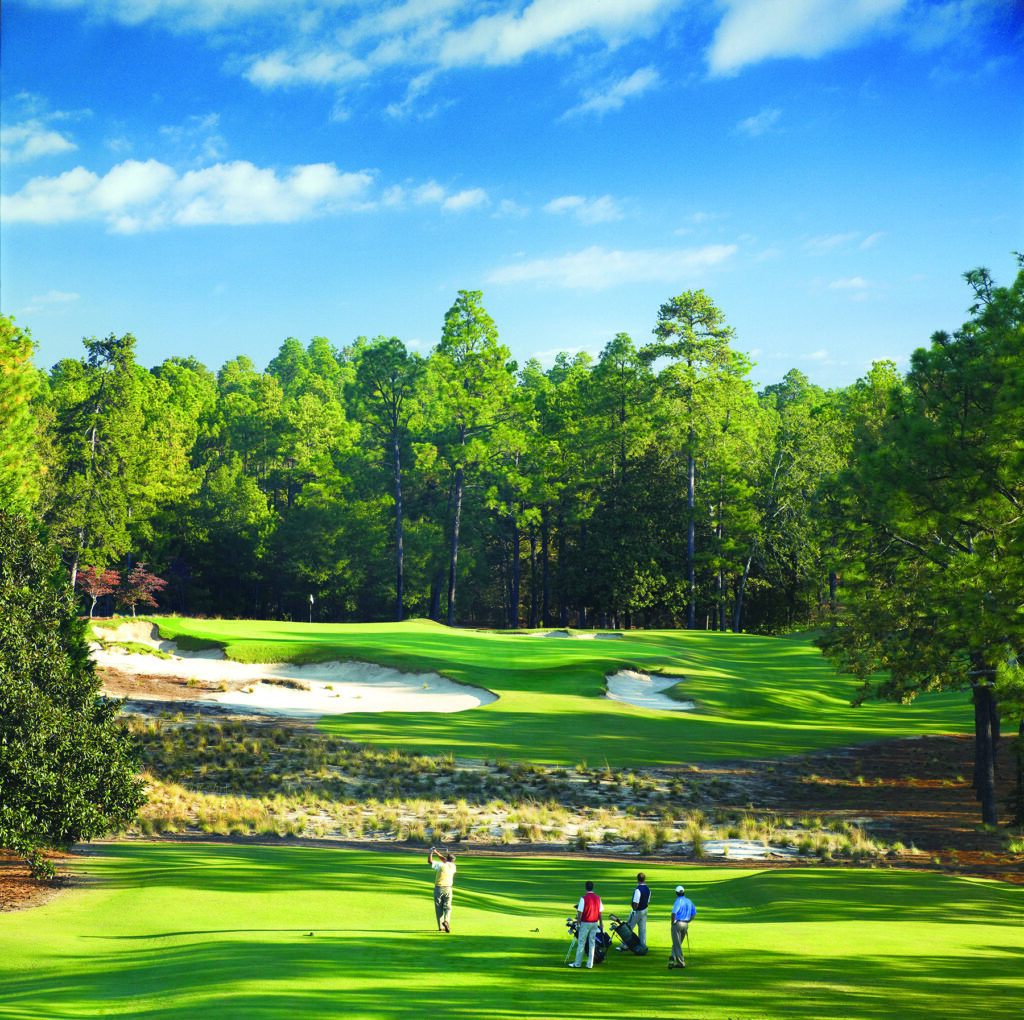
Pinehurst No. 2 Still Ranked Best Course in NC
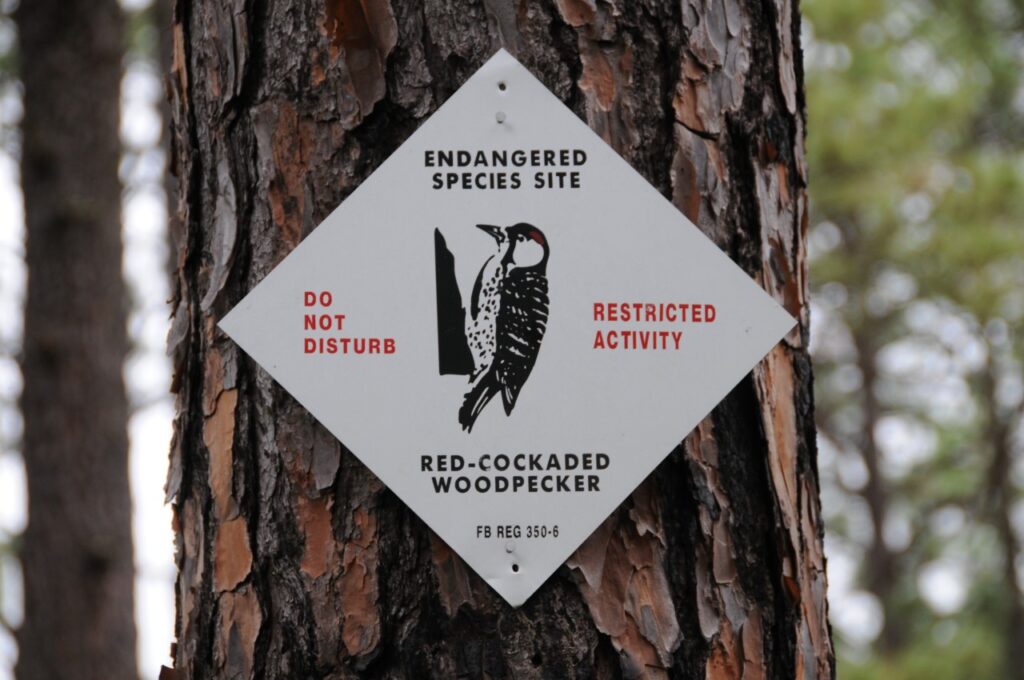
Sandhills Ecology 101
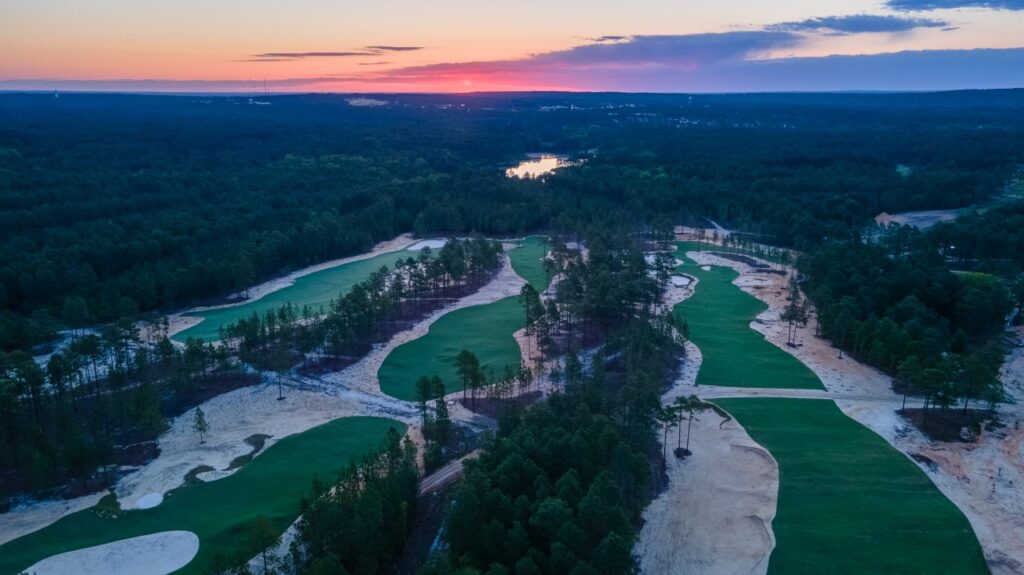
X Marks the 10-Spot

Best Date Night Ideas in the Sandhills
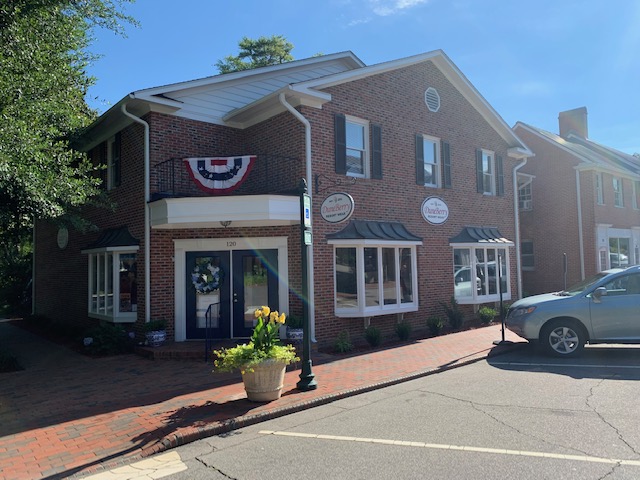
Small Towns Big Style
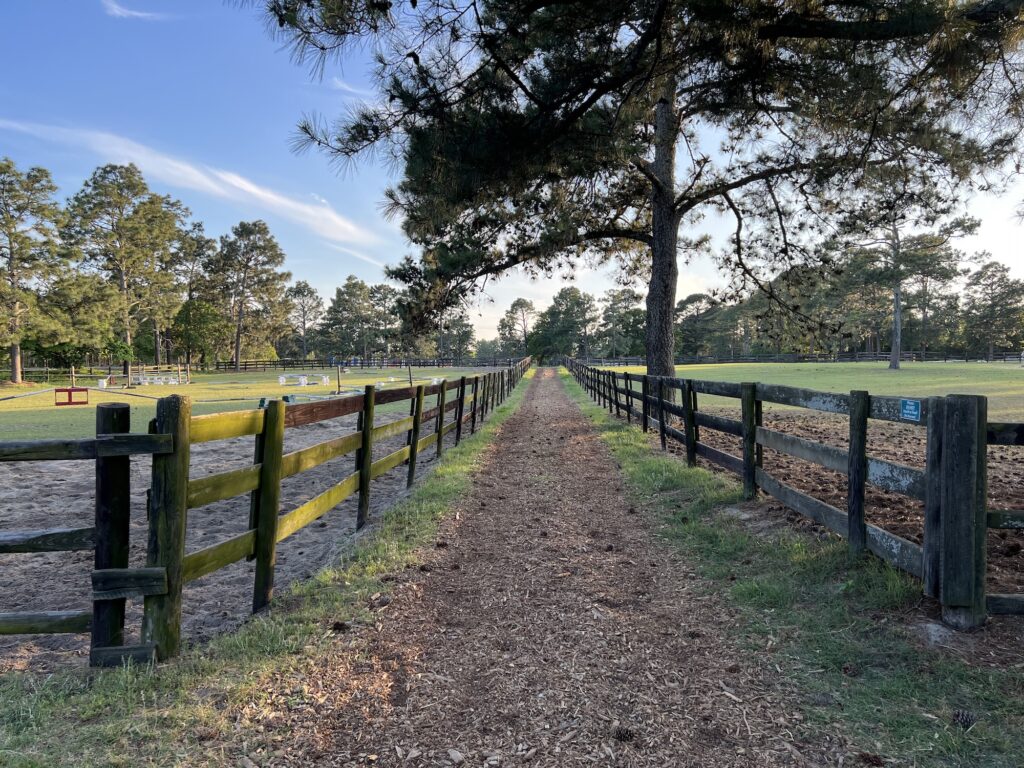
9 Urban Trails Around Pinehurst Area
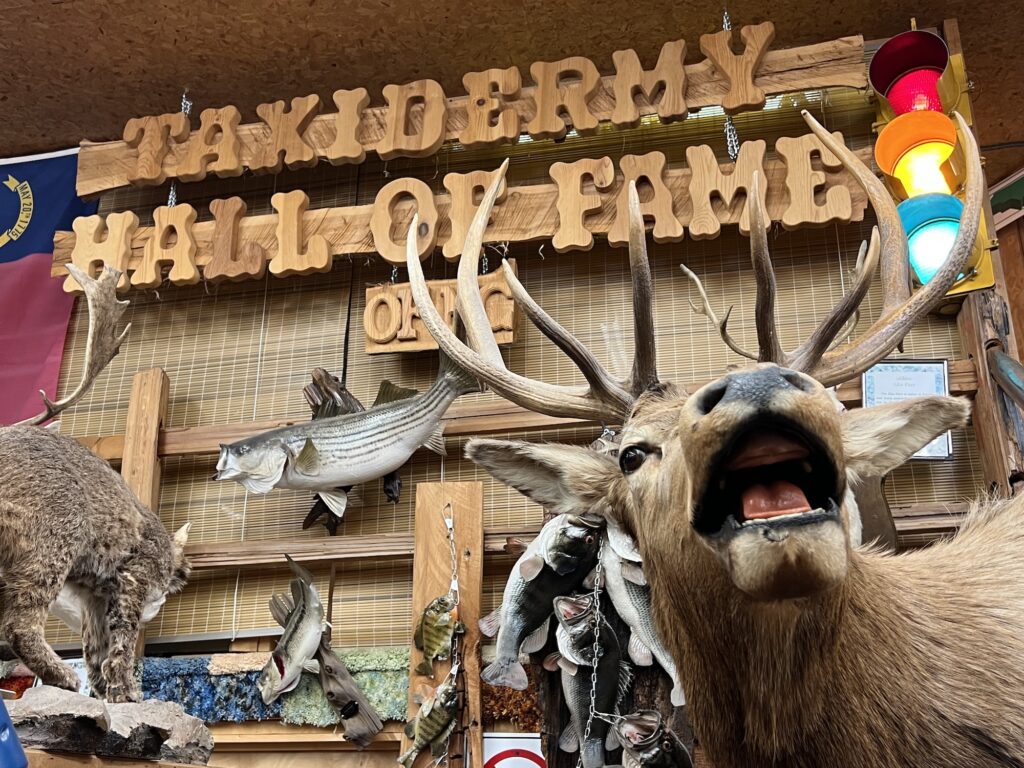
Uniquely Pinehurst

2024 U.S. Open: A Look Ahead

1999 U.S. Open: A Look Back

A Restorative Weekend Getaway at Tanglewood Farm B&B in Southern Pines
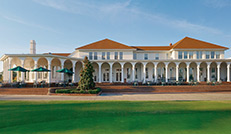
Top Things To Do On A Long Weekend

Independence Day in the Sandhills
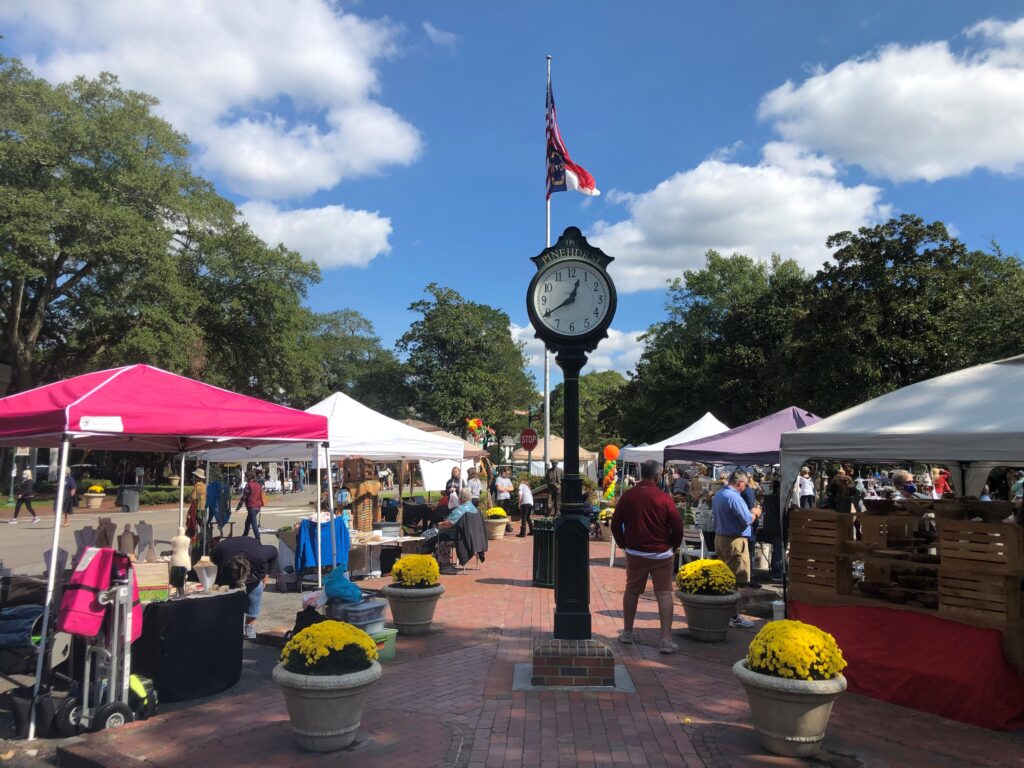
Fall Events Around the Sandhills
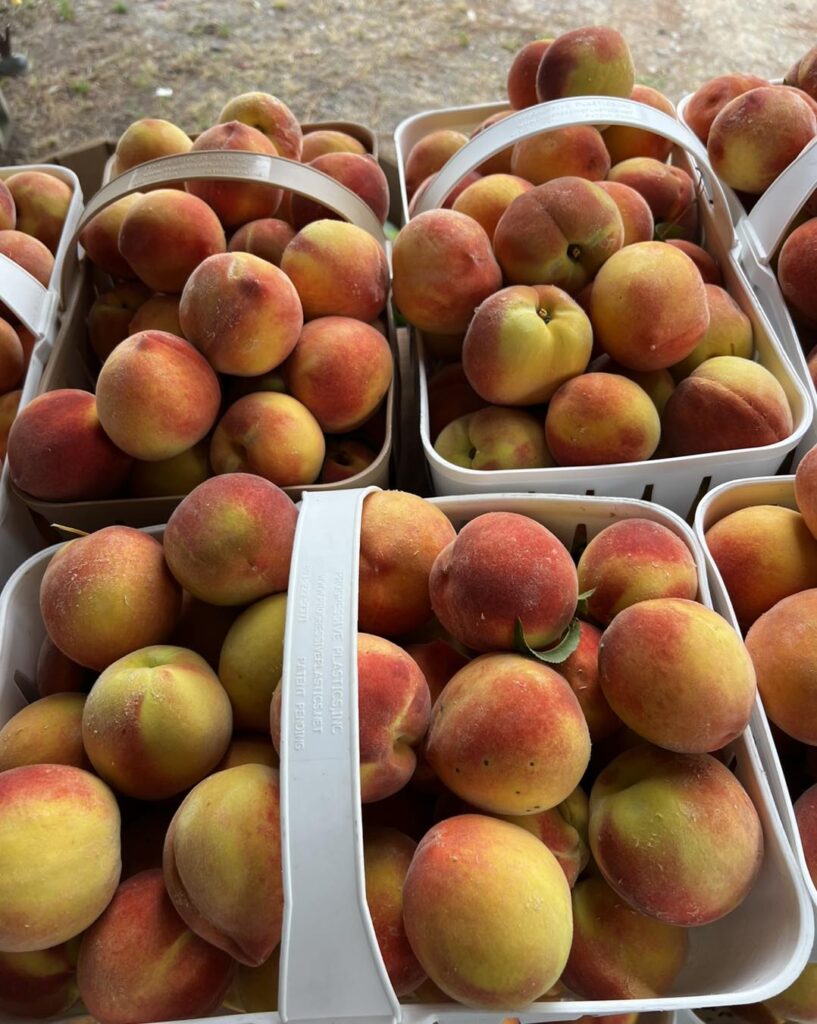
Celebrating NC Peaches

Kid You Not

Sleepy Summers No More
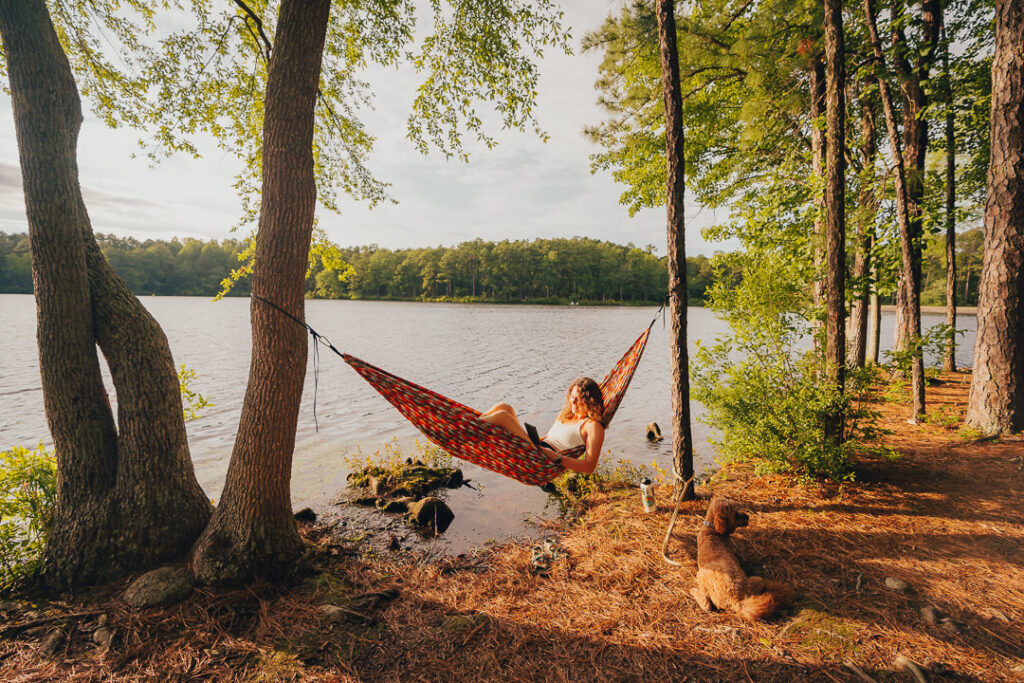
Getting Outside

When They Were Young
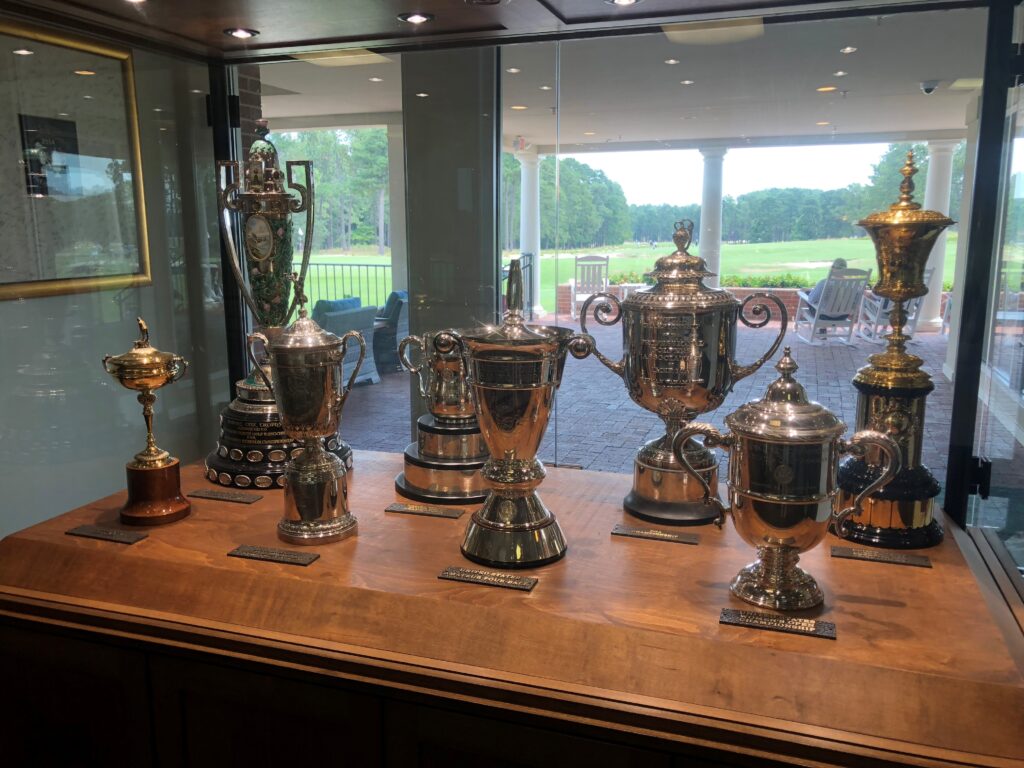
Pinehurst Major-itis

Loving Our Black & Whites
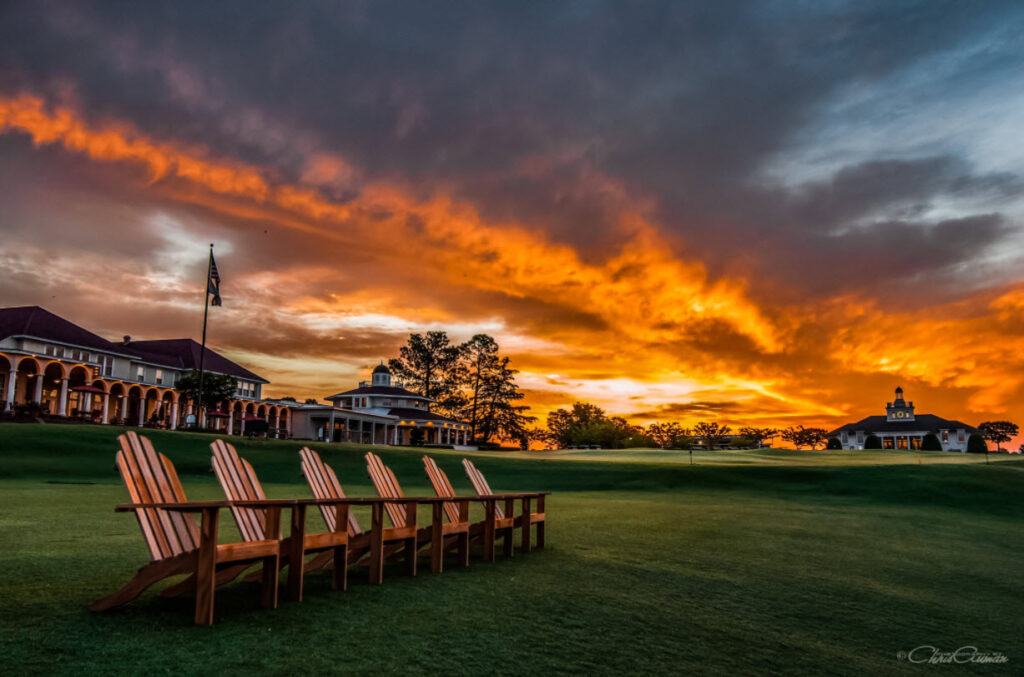
Lens of the Sandhills

Festival D’avion Named as Signature Event
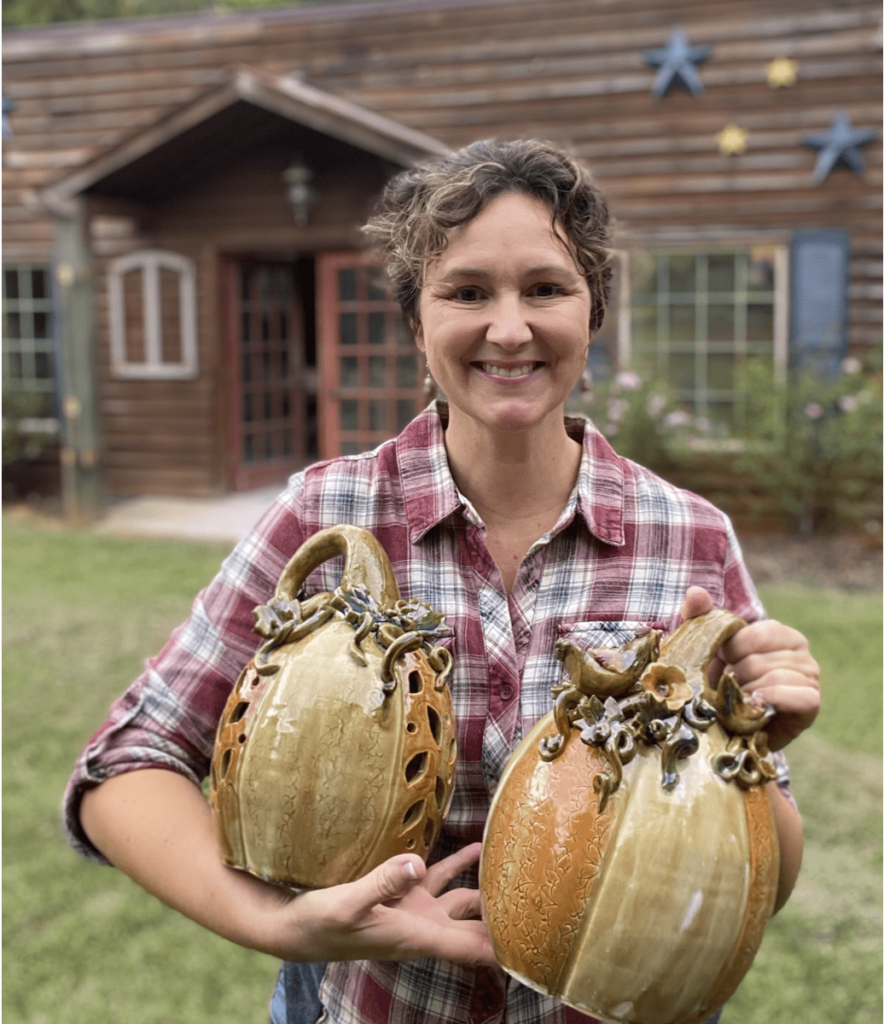
Celebrate American Craft Week
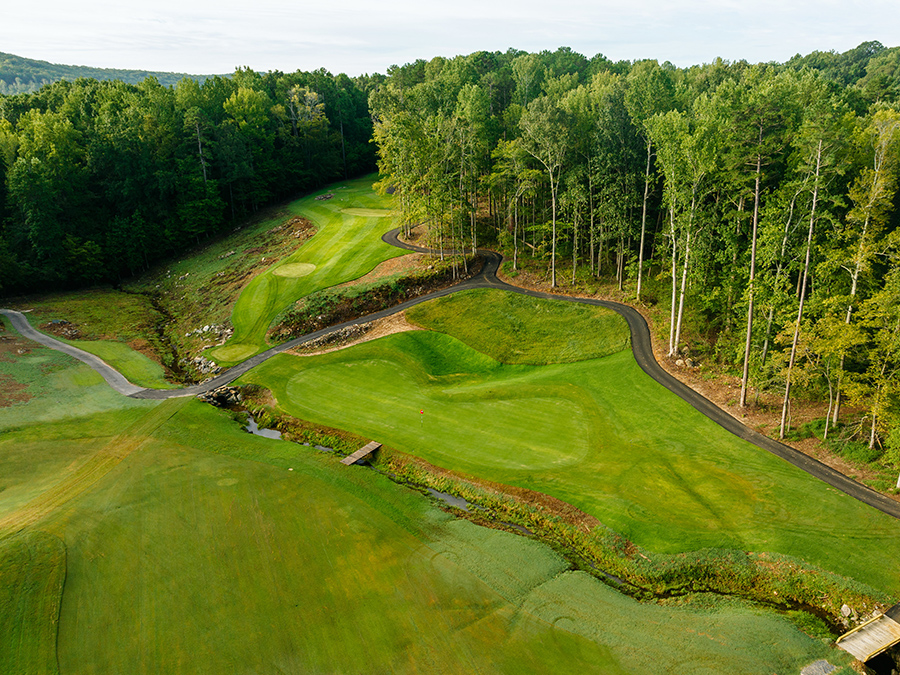
Act Two for Tot Hill Farm
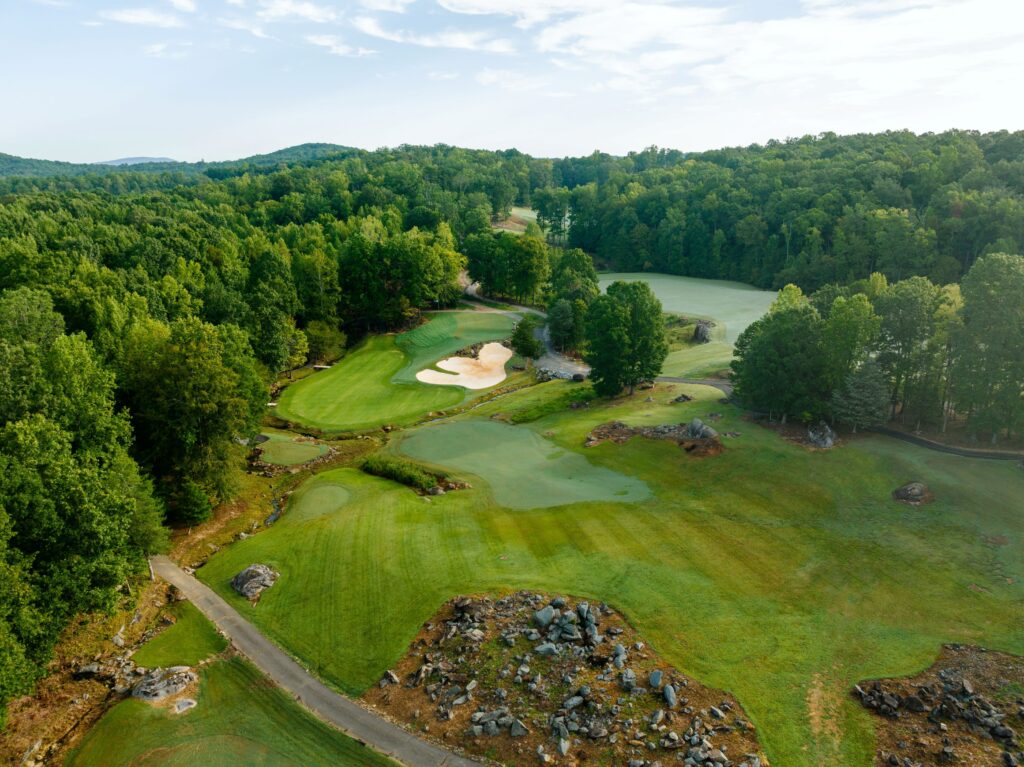
An Artist in the Dirt
Legends of the Pines
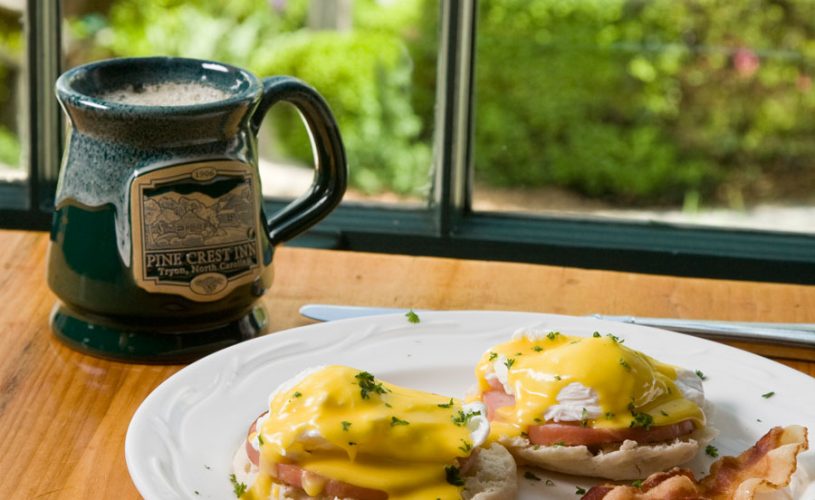
Breakfast Joints of the Sandhills
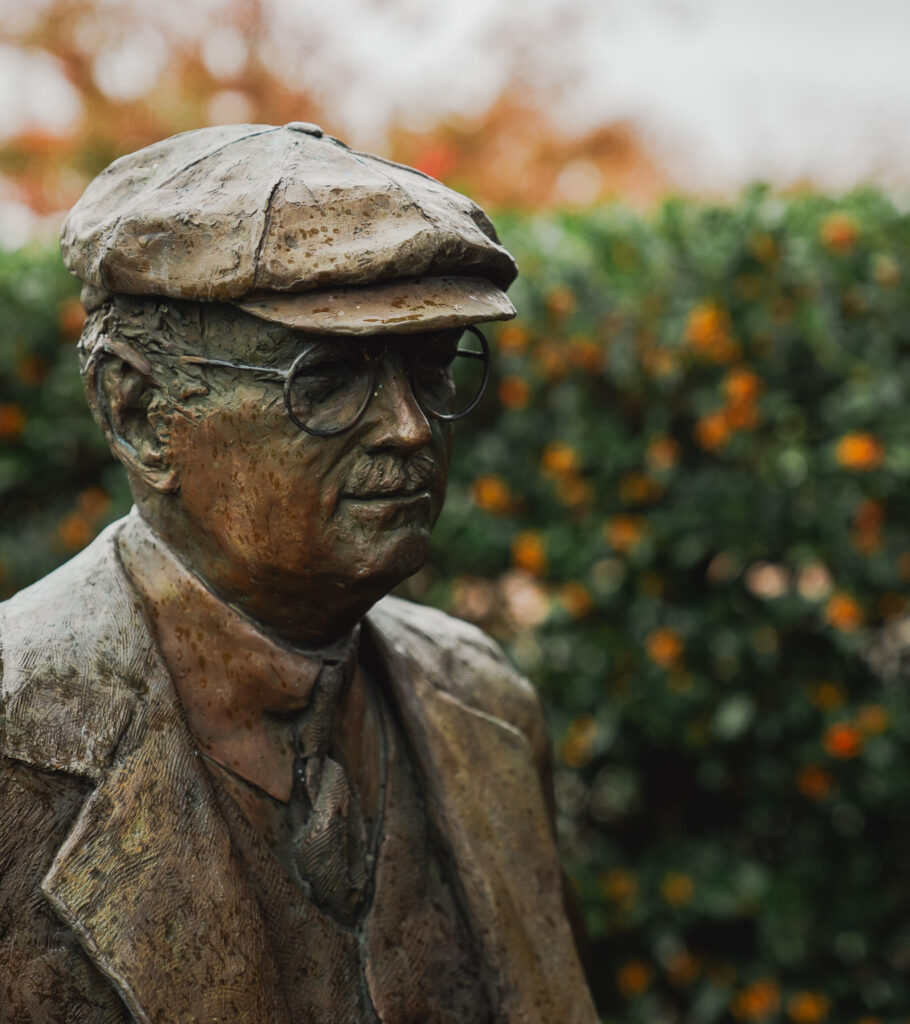
The Scottish Invasion
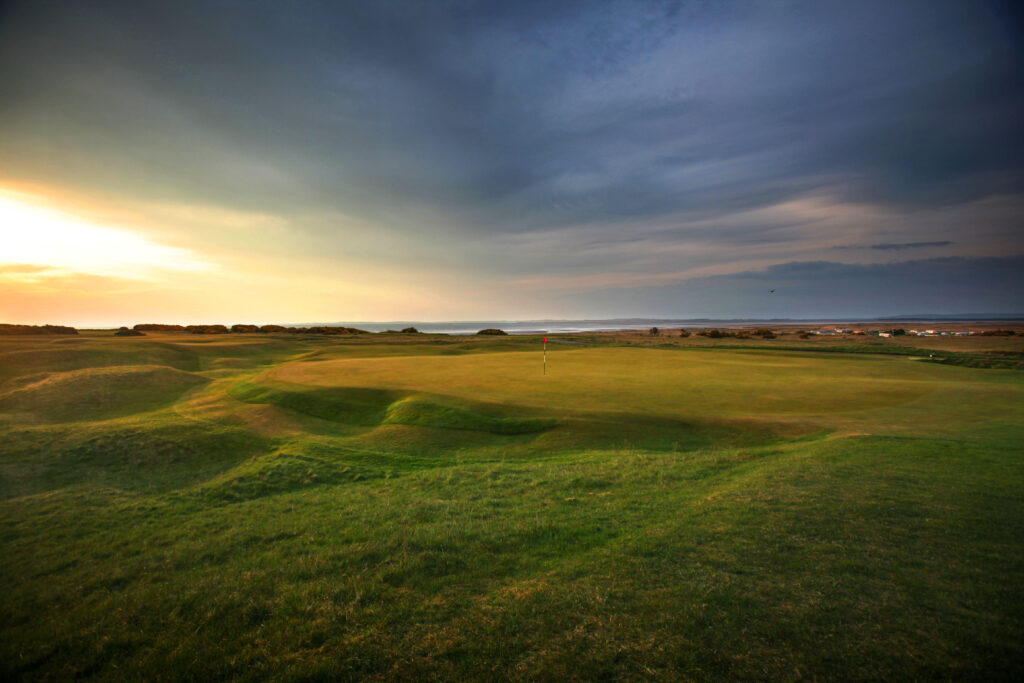
To Dornoch and Back
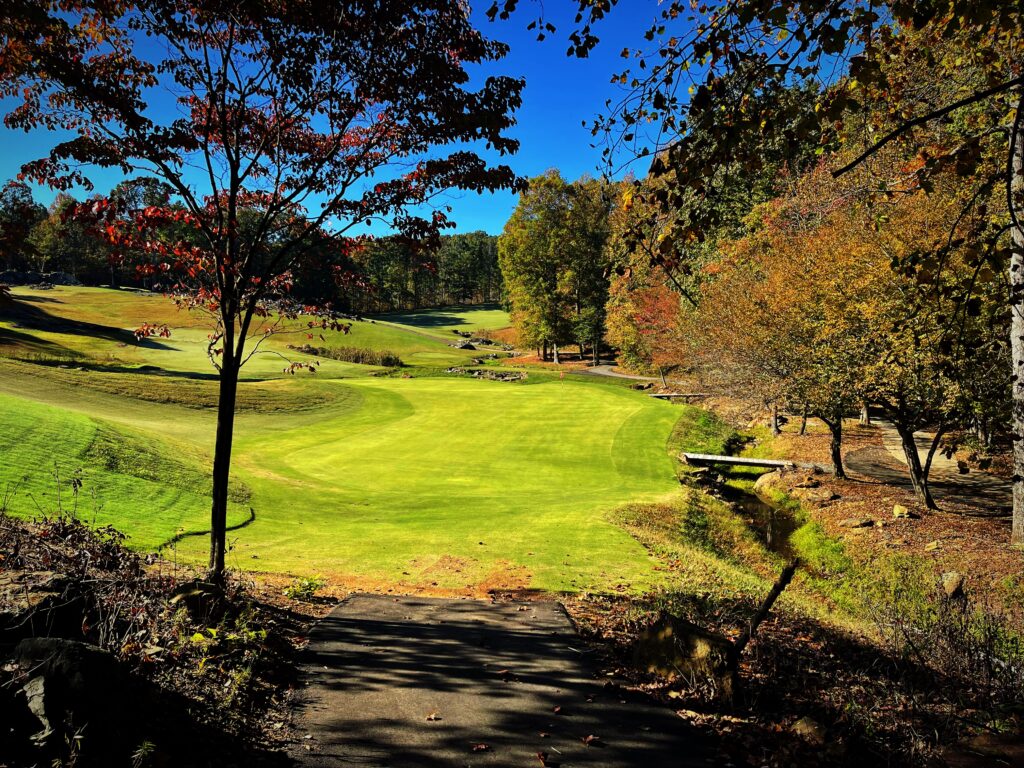
A “New” Pinehurst Welcomes the World in 2024
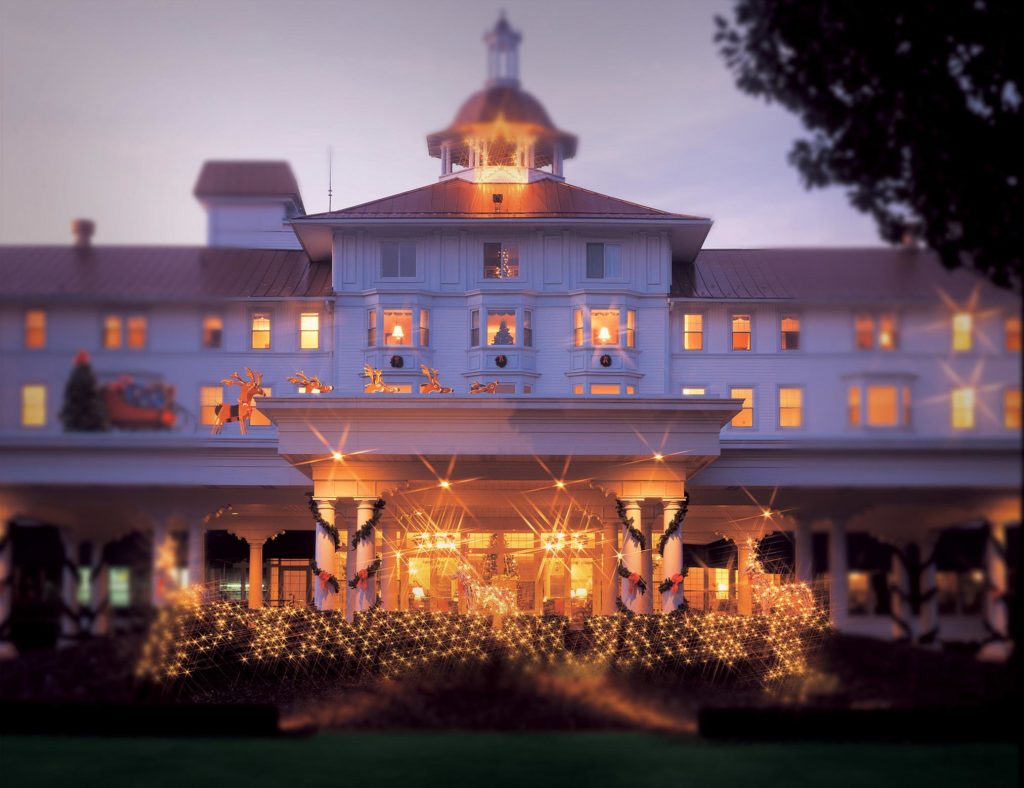
Pinehurst Holiday
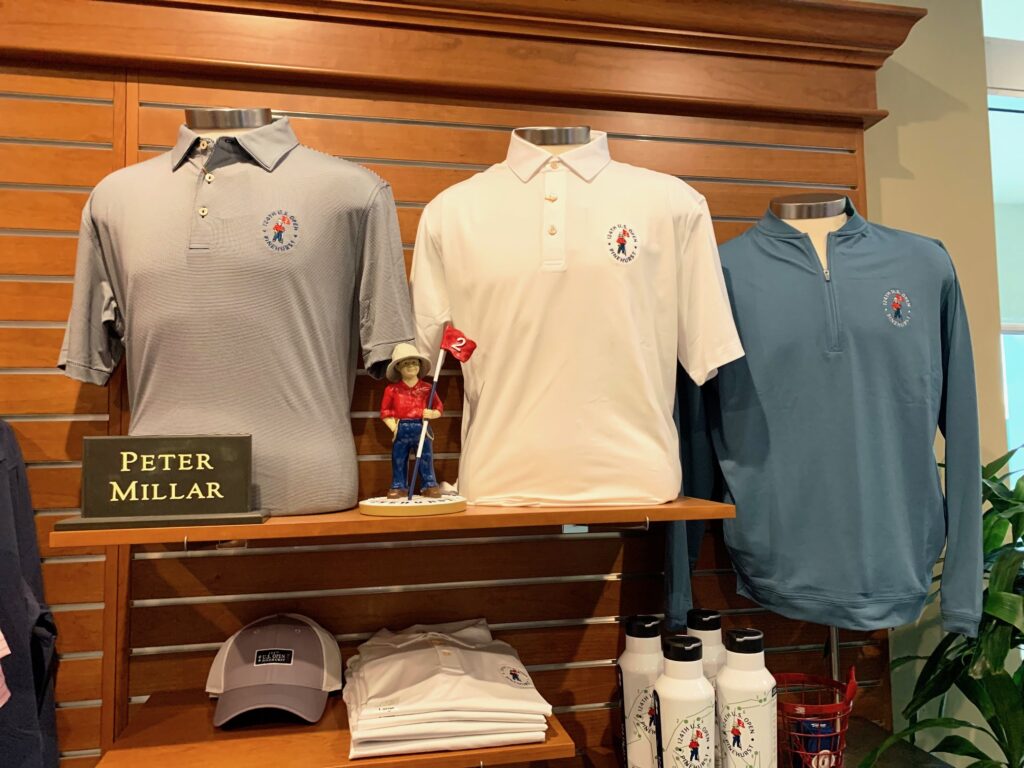
Golfers Gift Guide
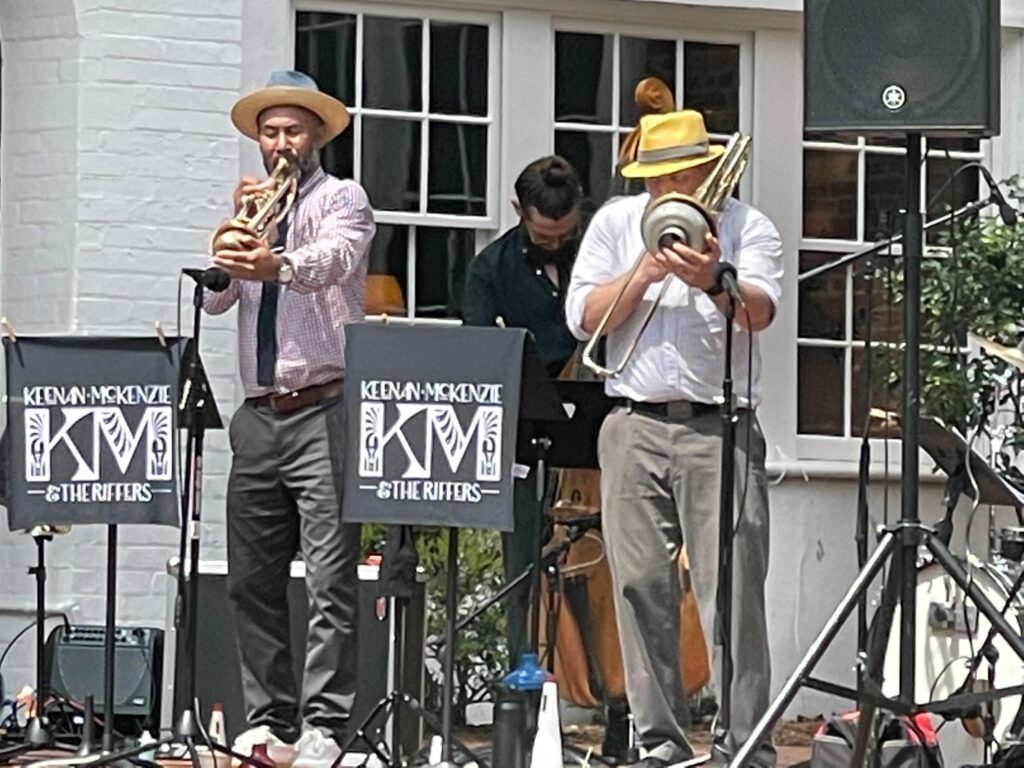
Sandhills Nightlife Scene

A U.S. Open Year

Payne at 25
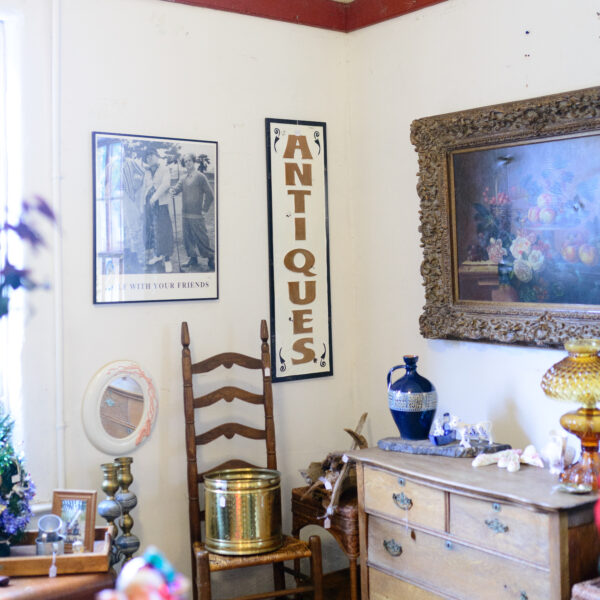
Where to Antique in Cameron and Carthage

Girls’ Weekend in Moore County
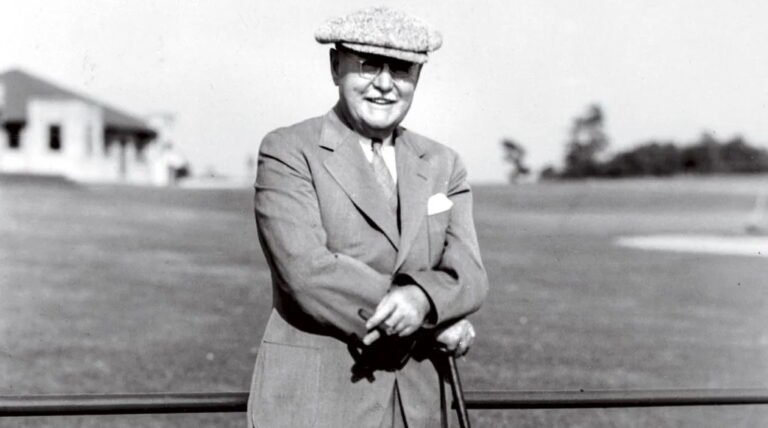
Sandhills Hall of Fame
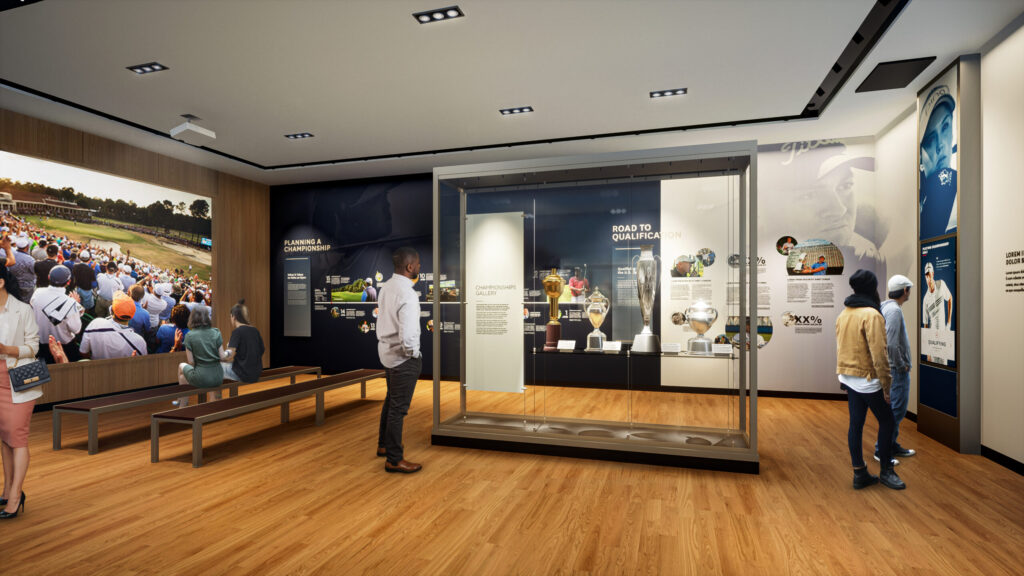
Hall of Fame Take Two
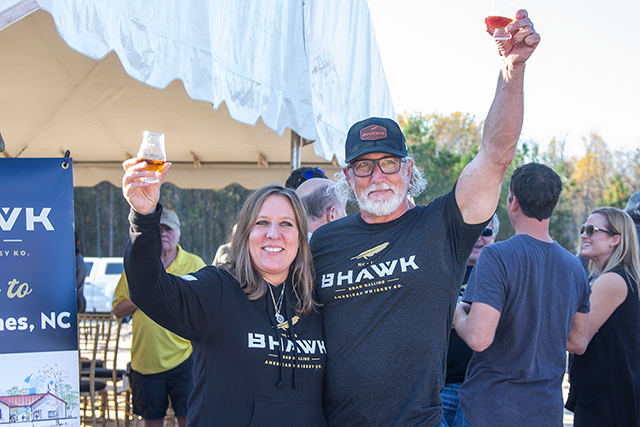
BHAWK Distillery Toasts Military Spirit

A Dozen Master Strokes
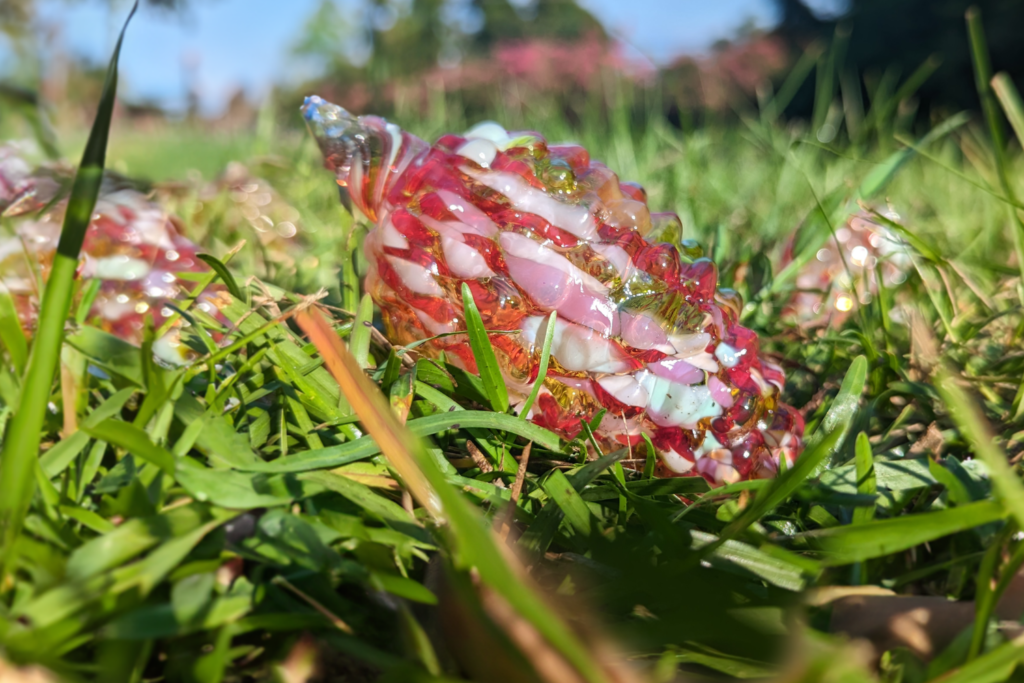
Popular Pinecone Pathways Returns for Spring 2024
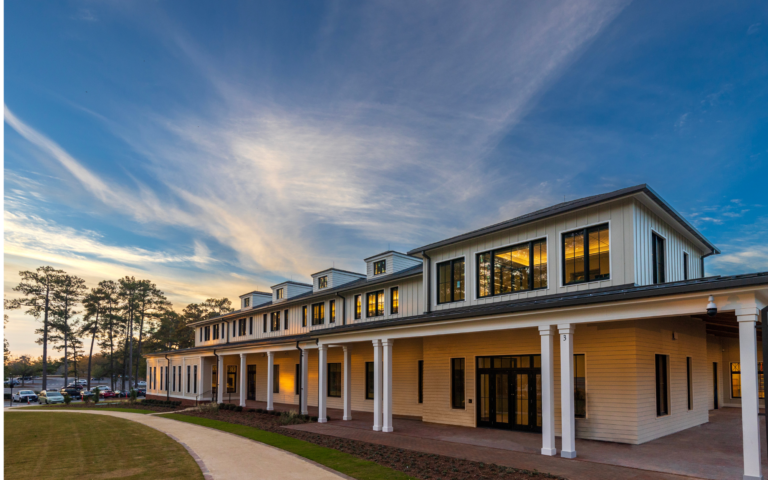
The Dynamic Decade
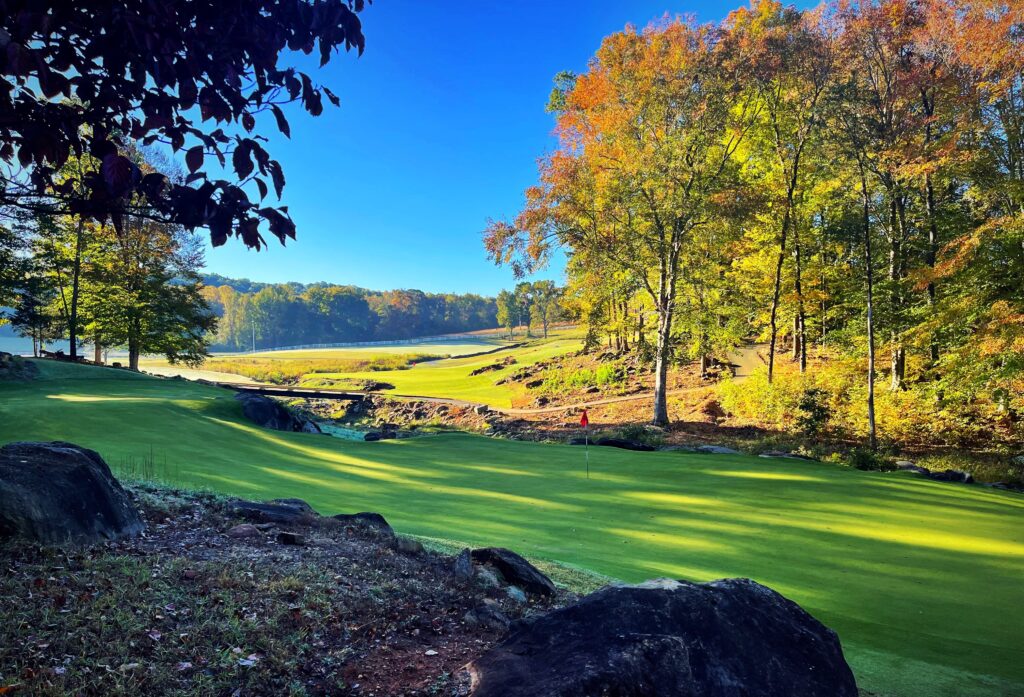
Sandhills Pours Double Dose
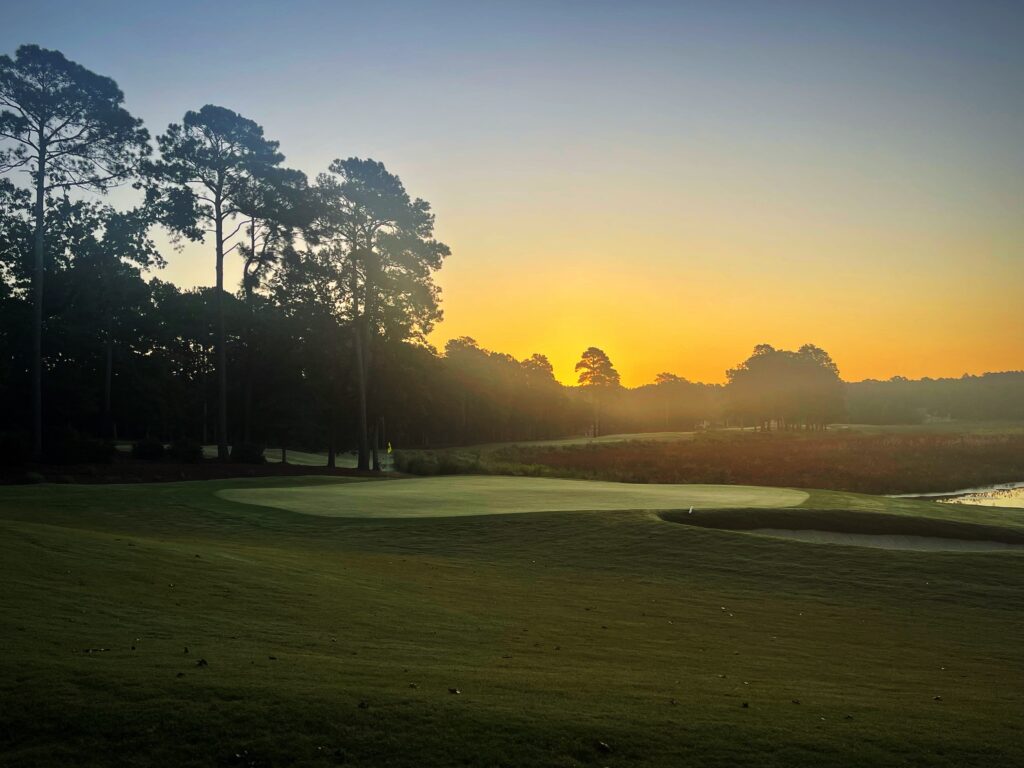
Rebirth at Woodlake
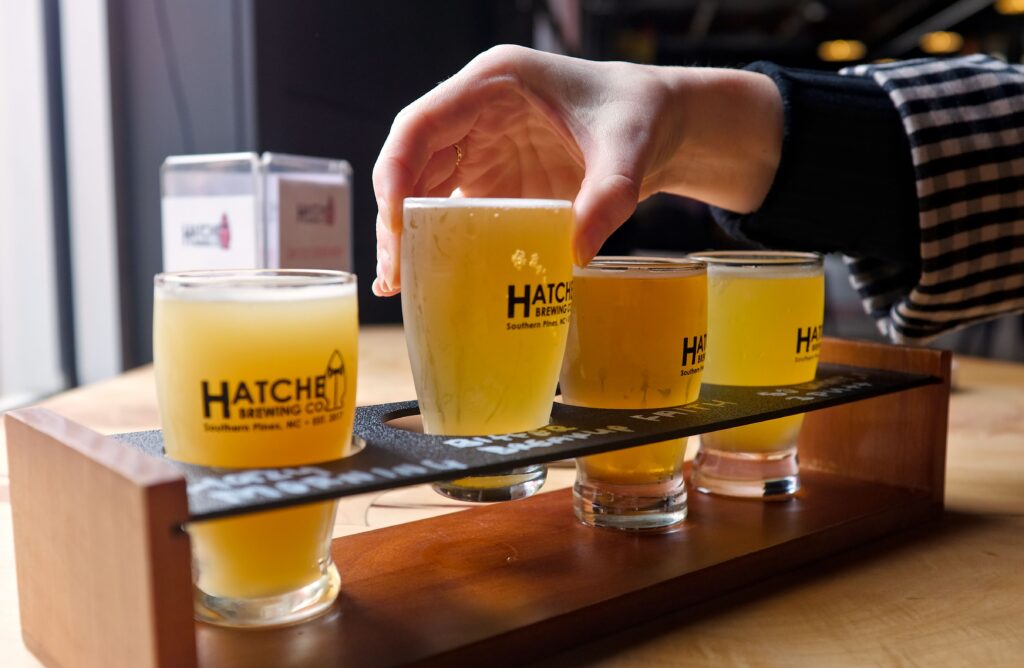
Pints in the Pines: A Guide to the Breweries of the Sandhills

